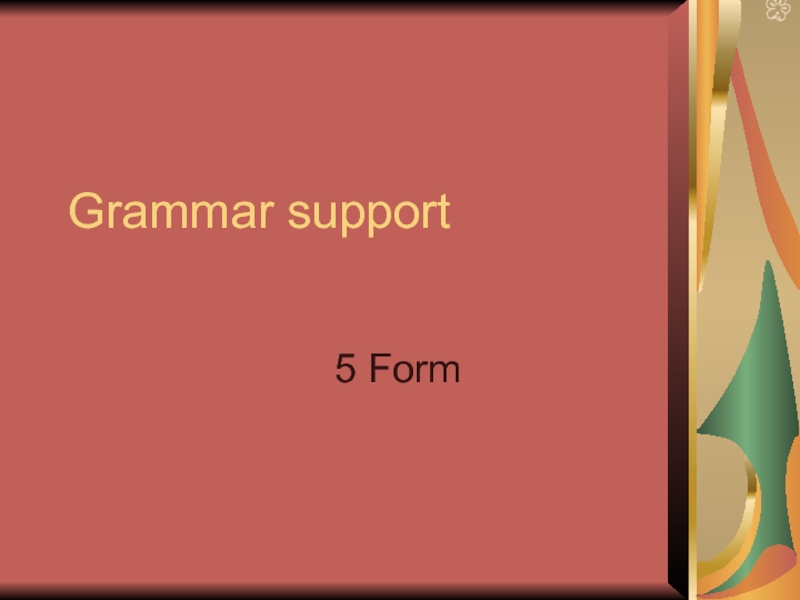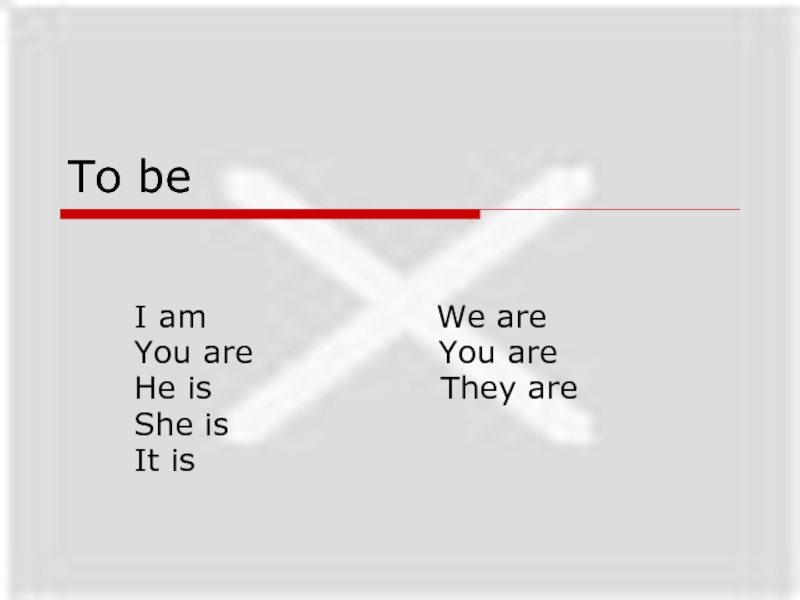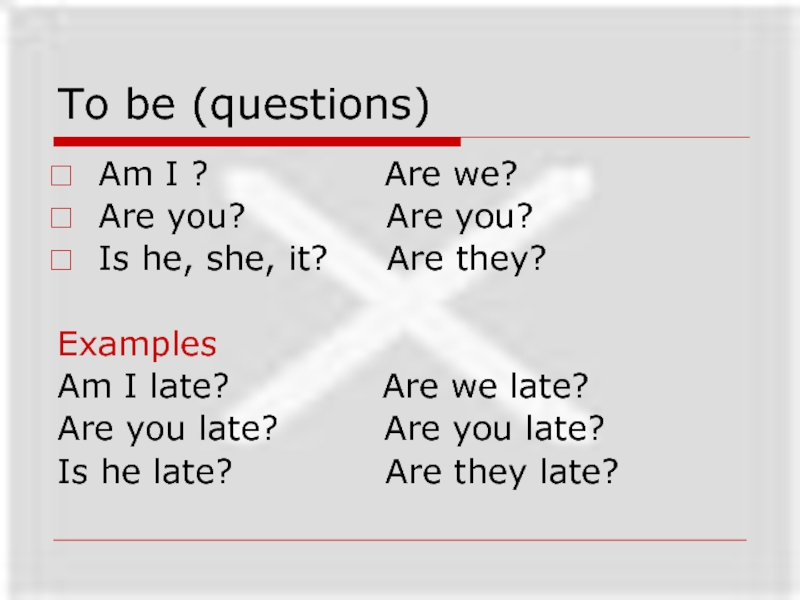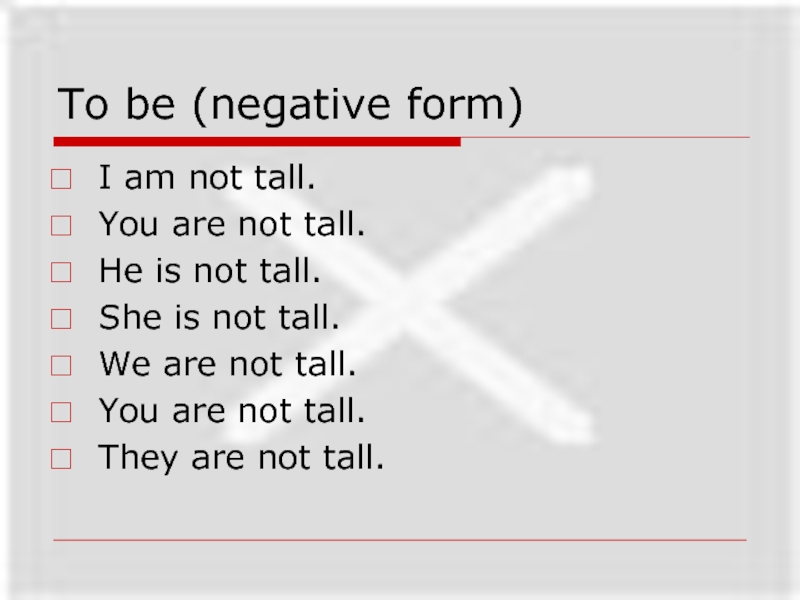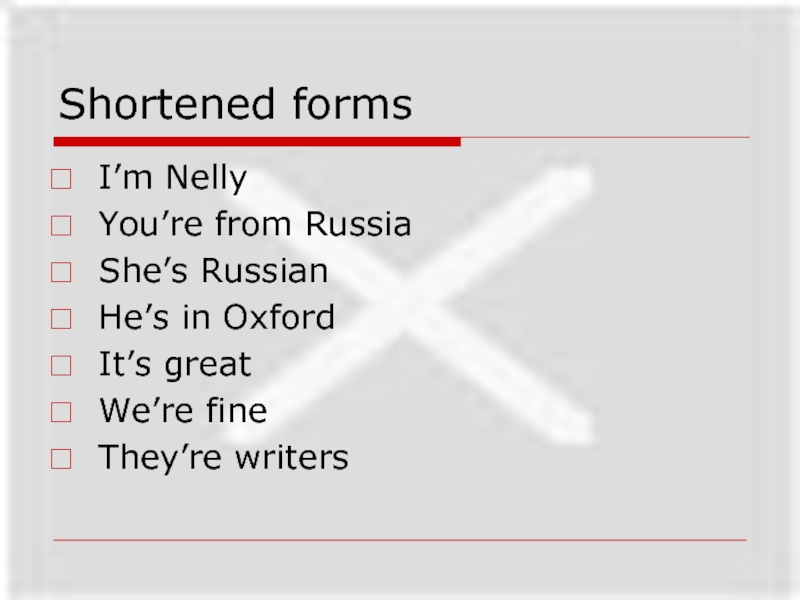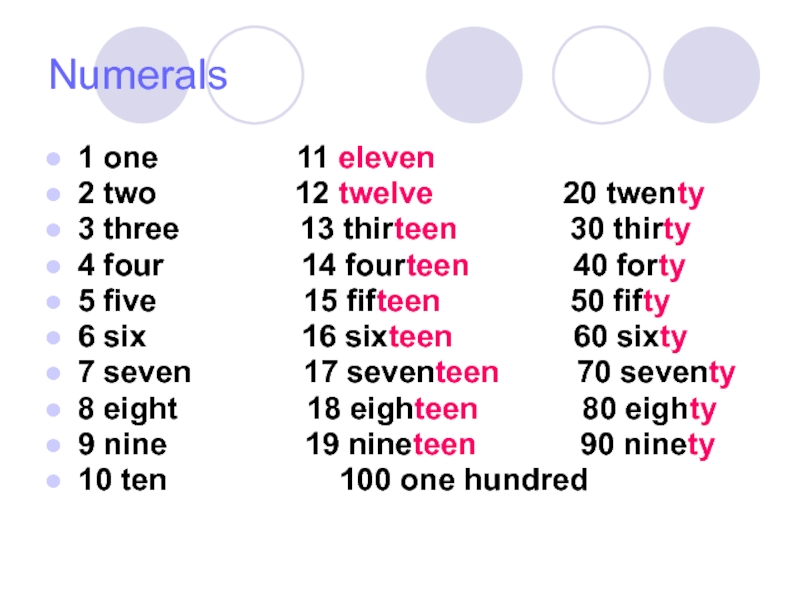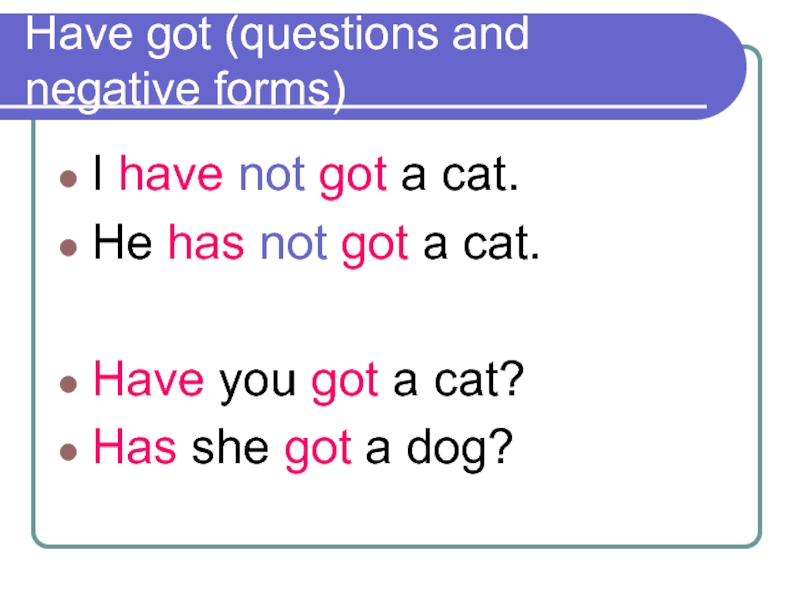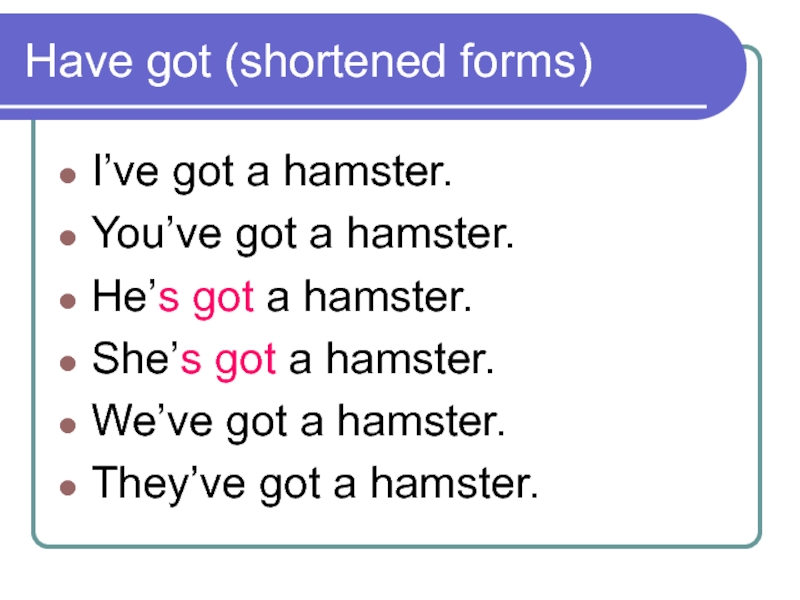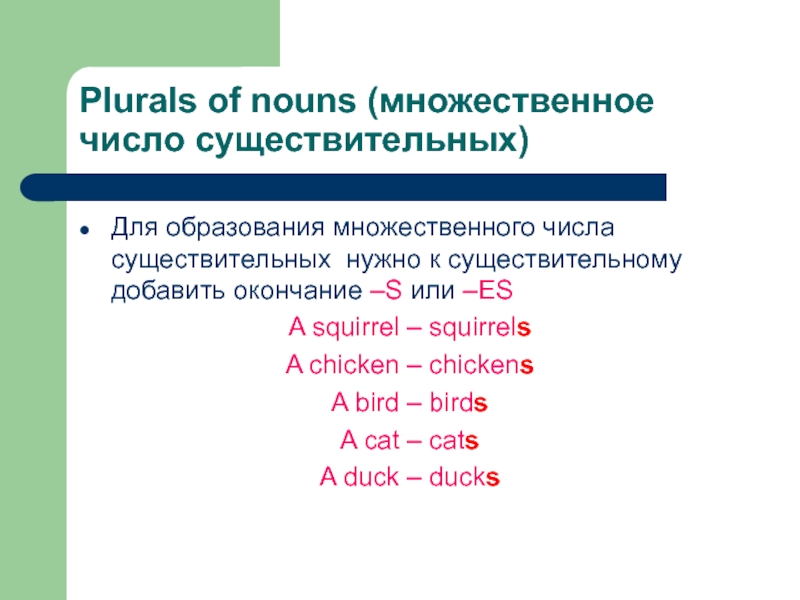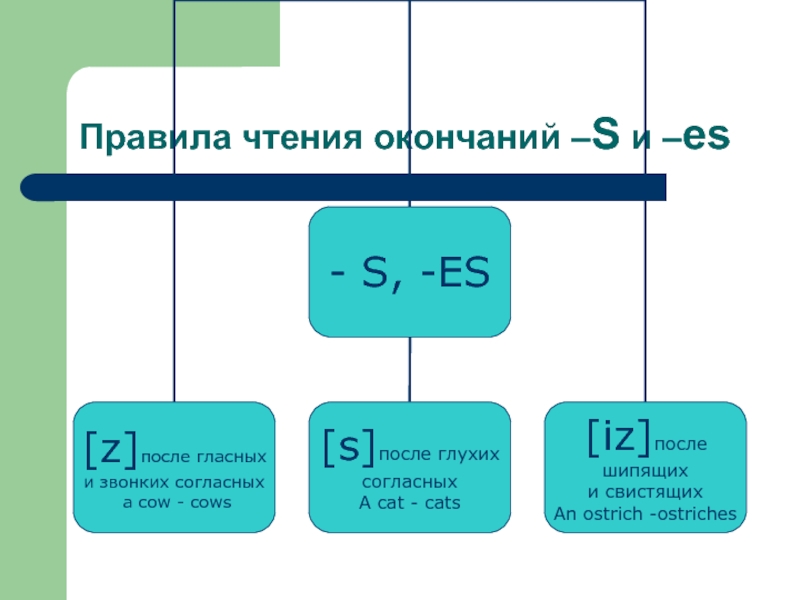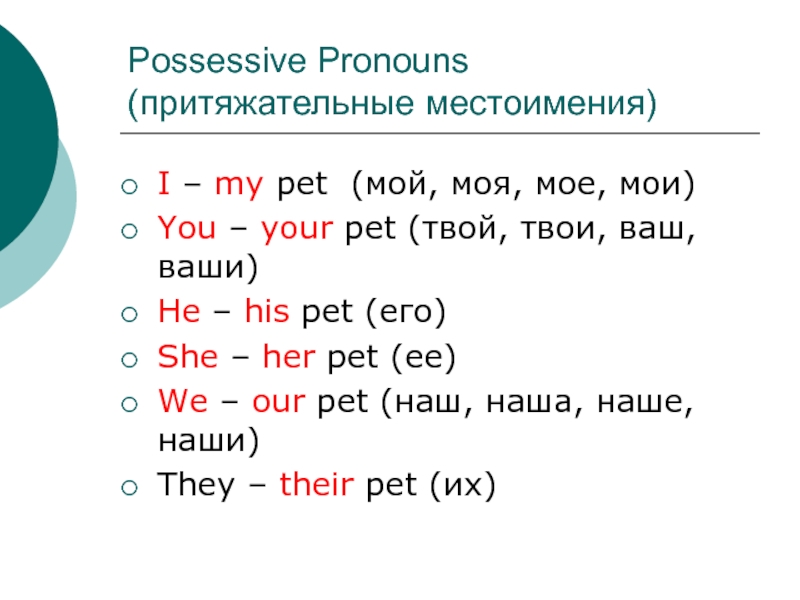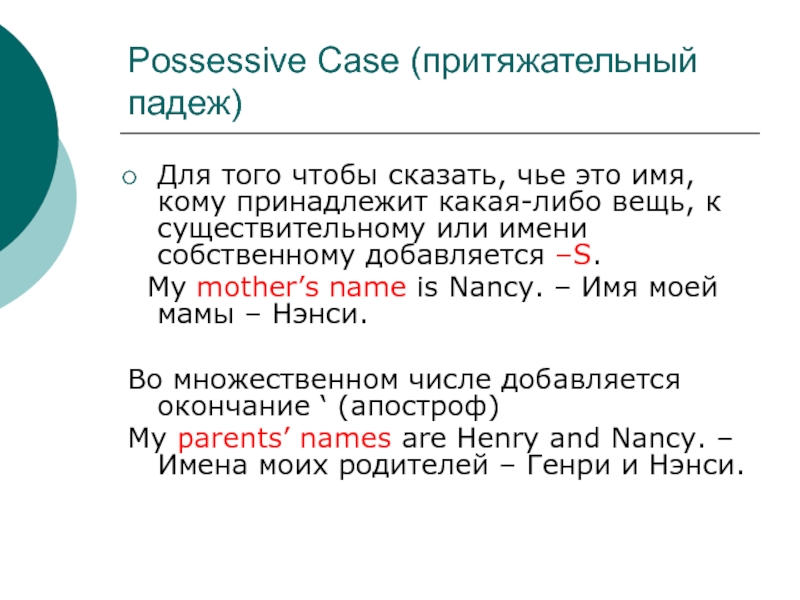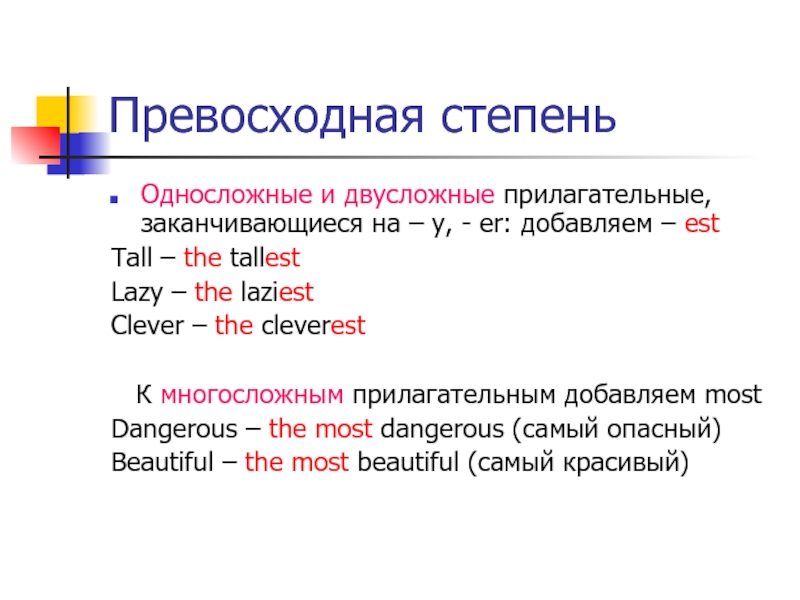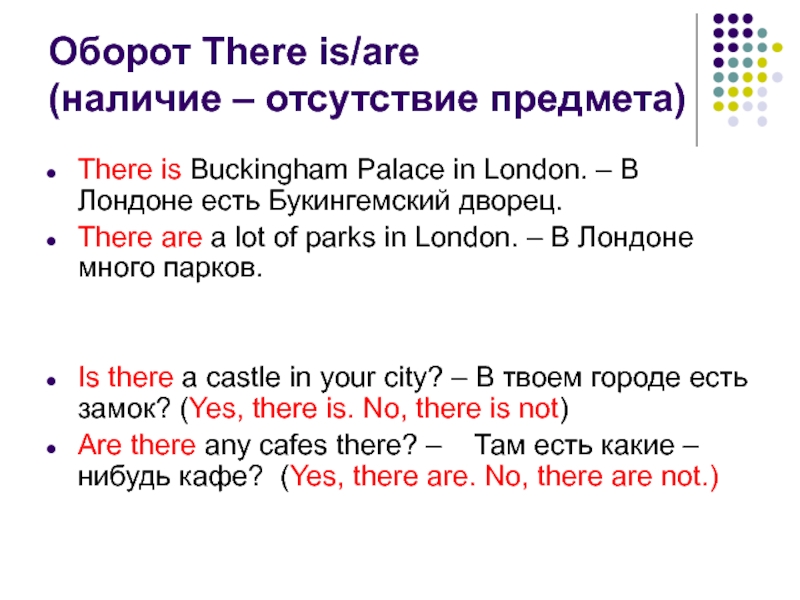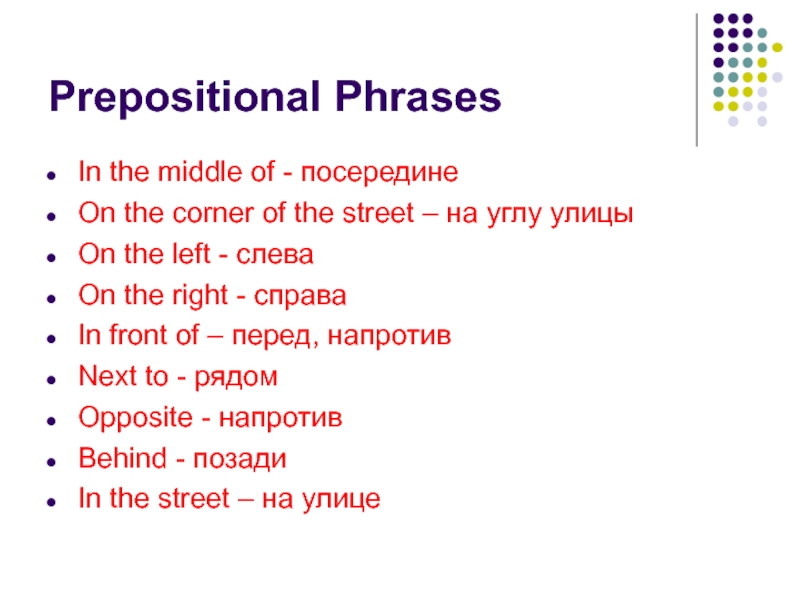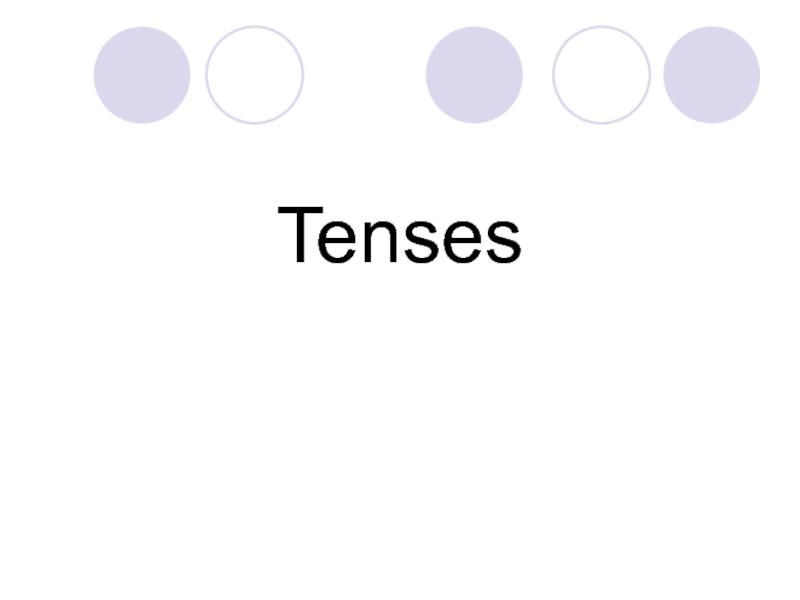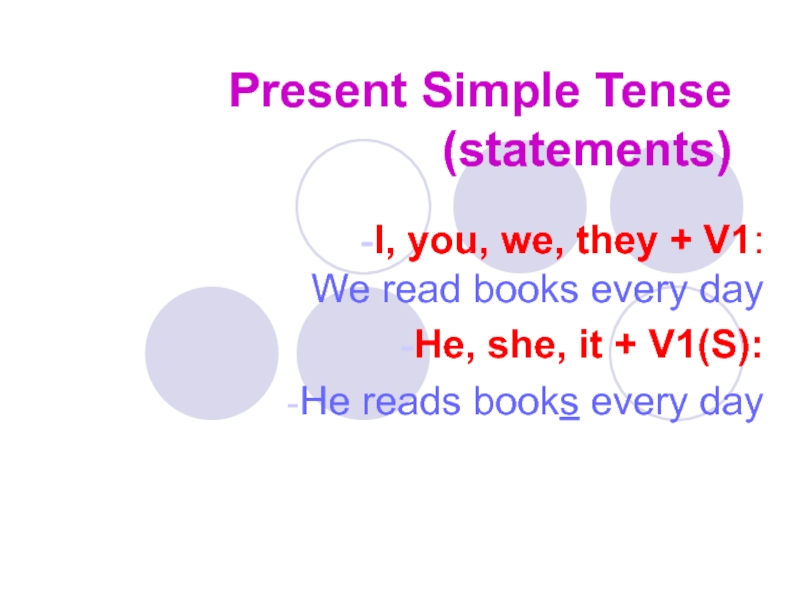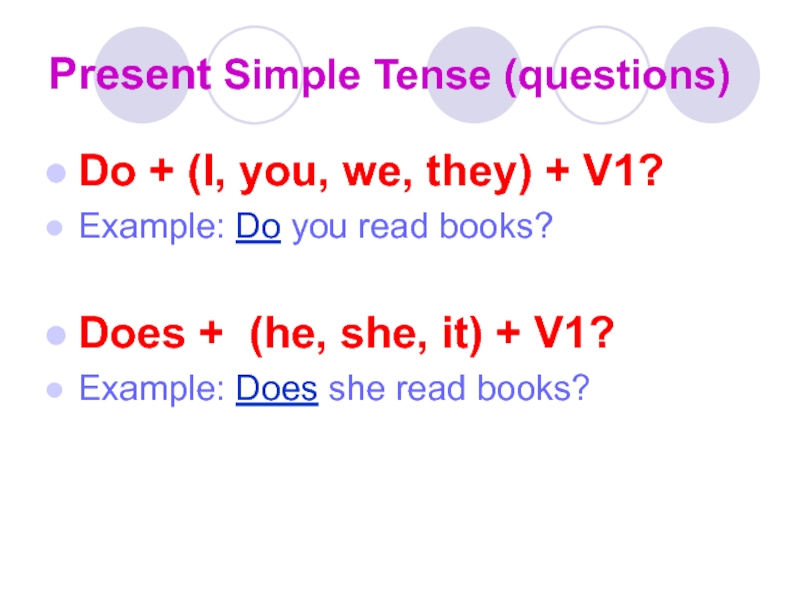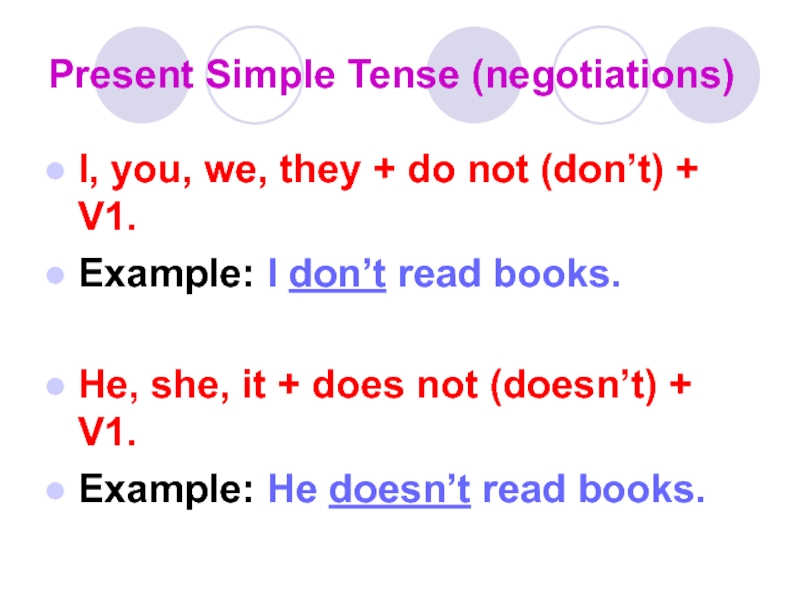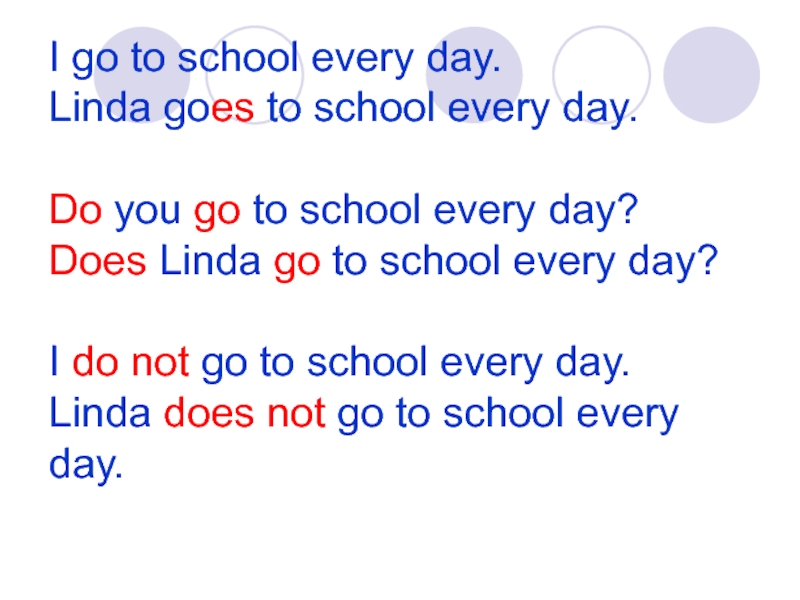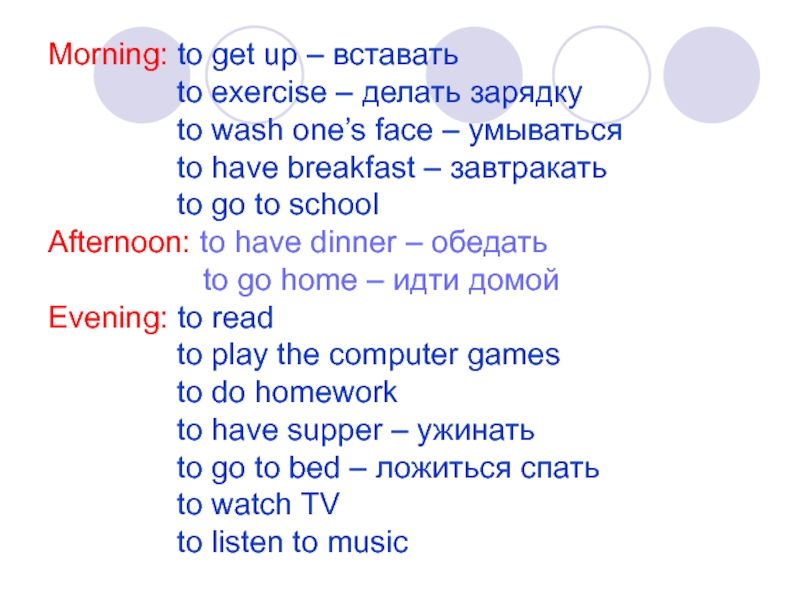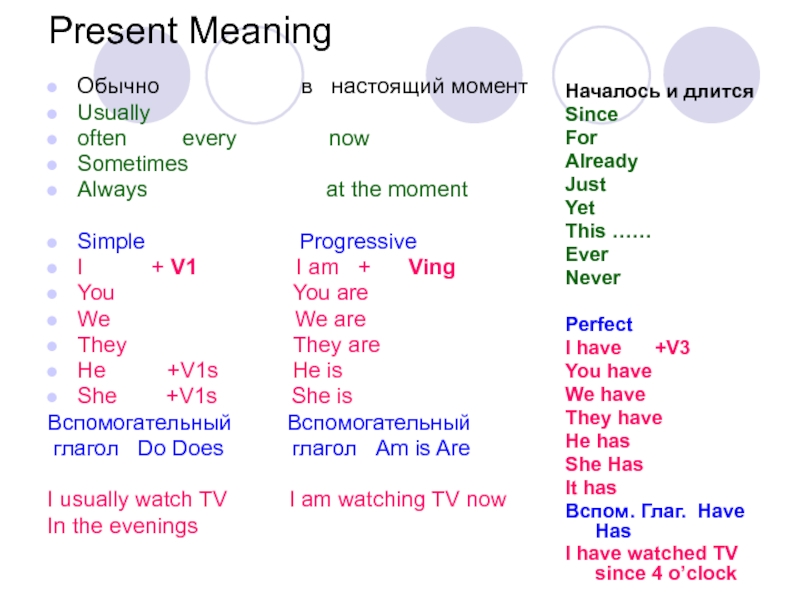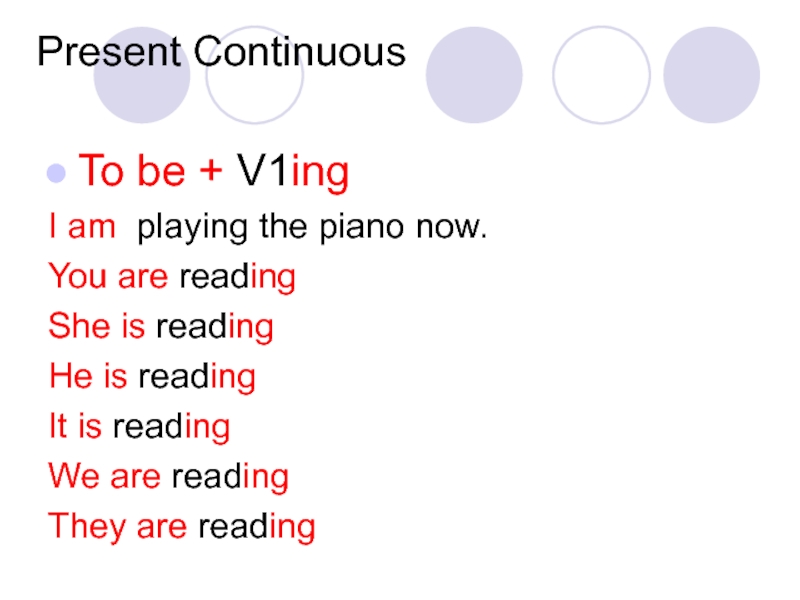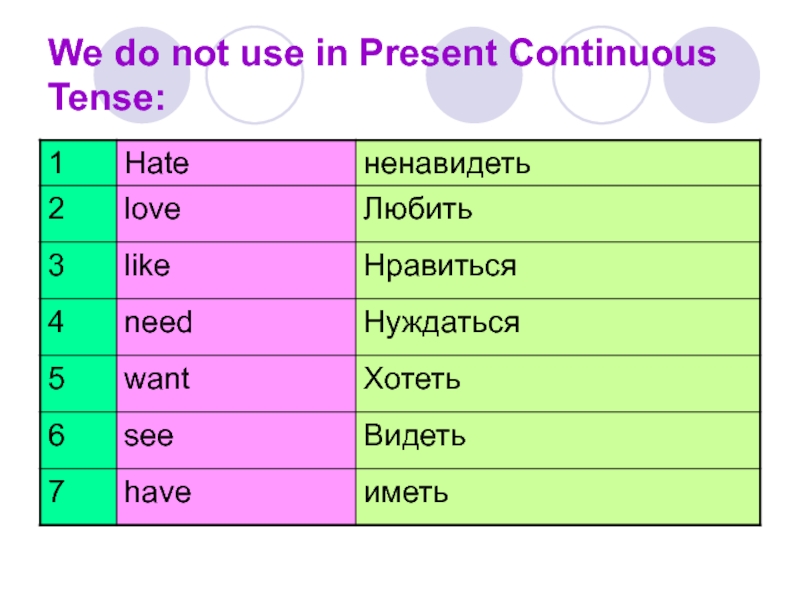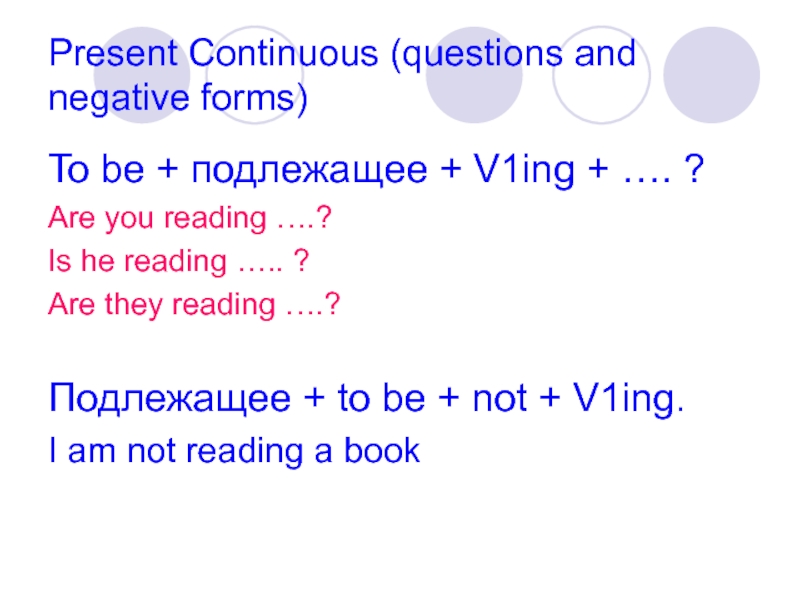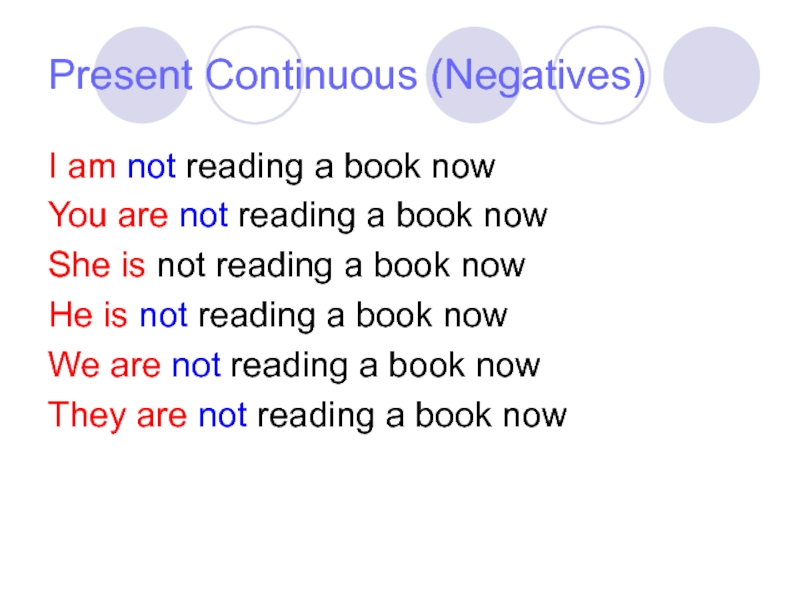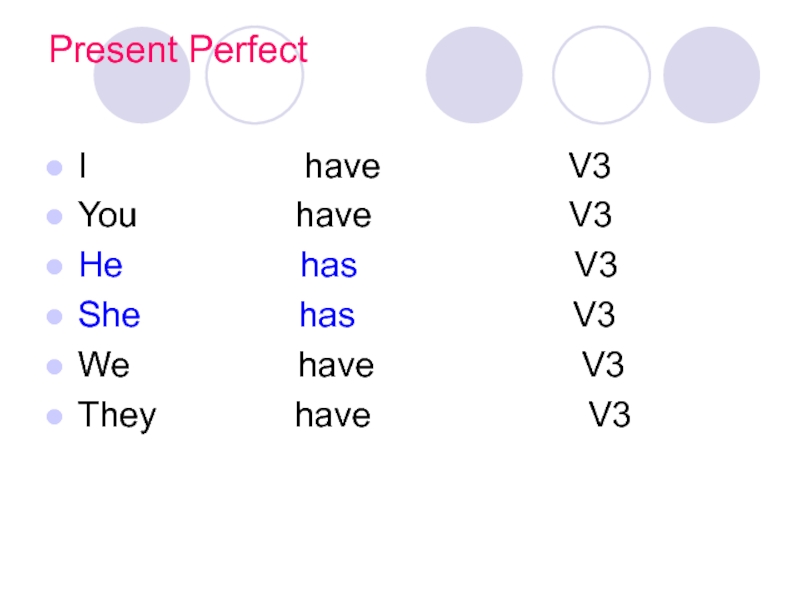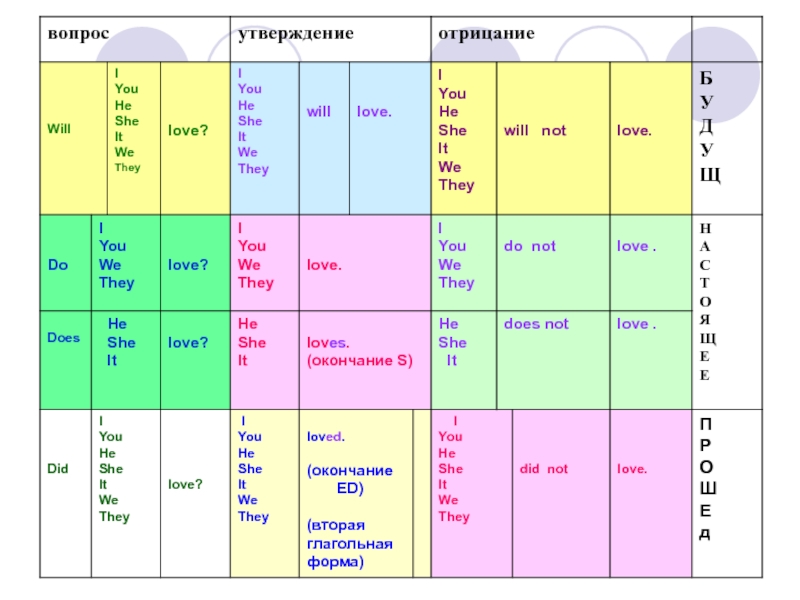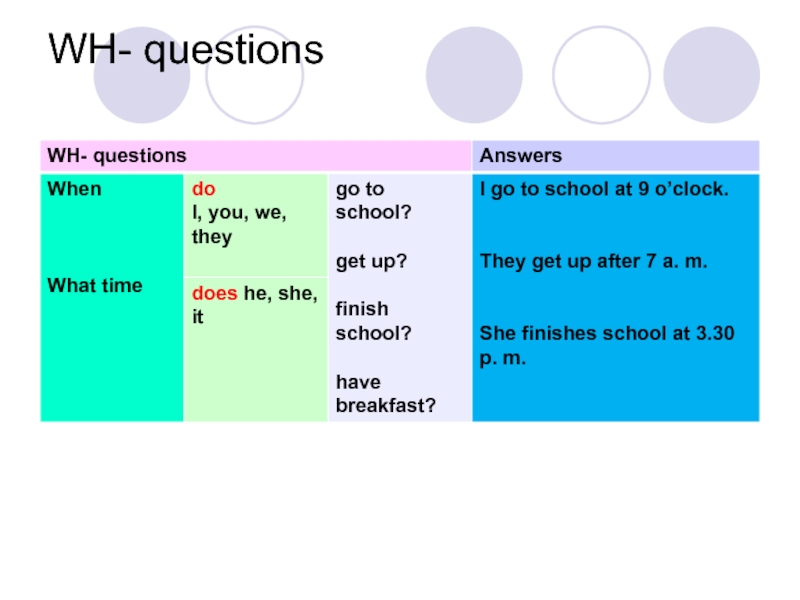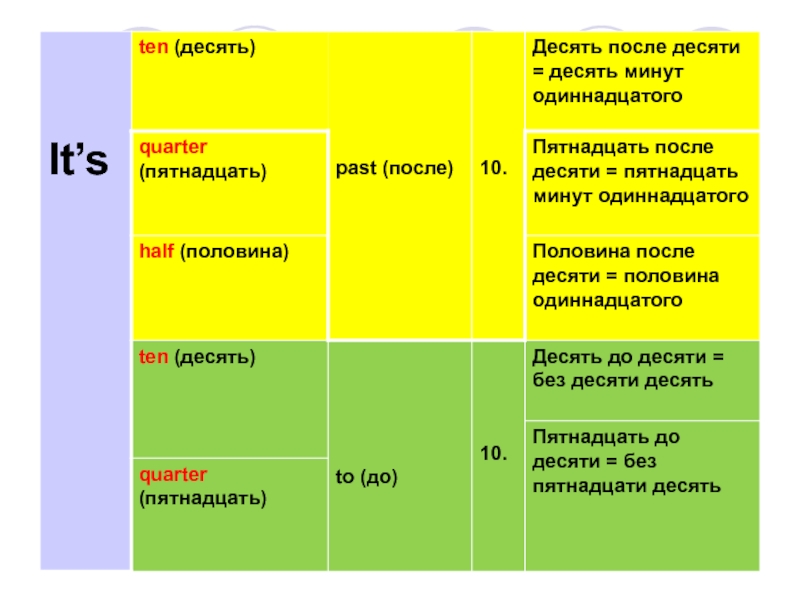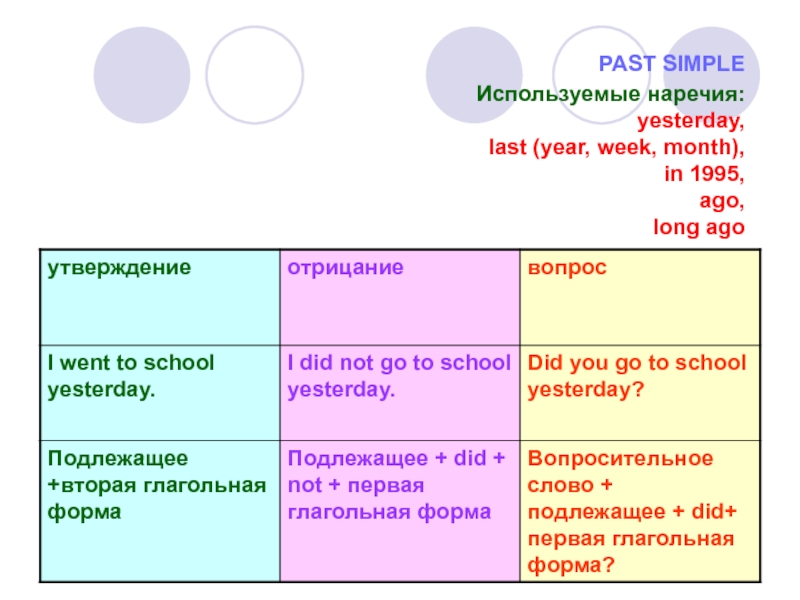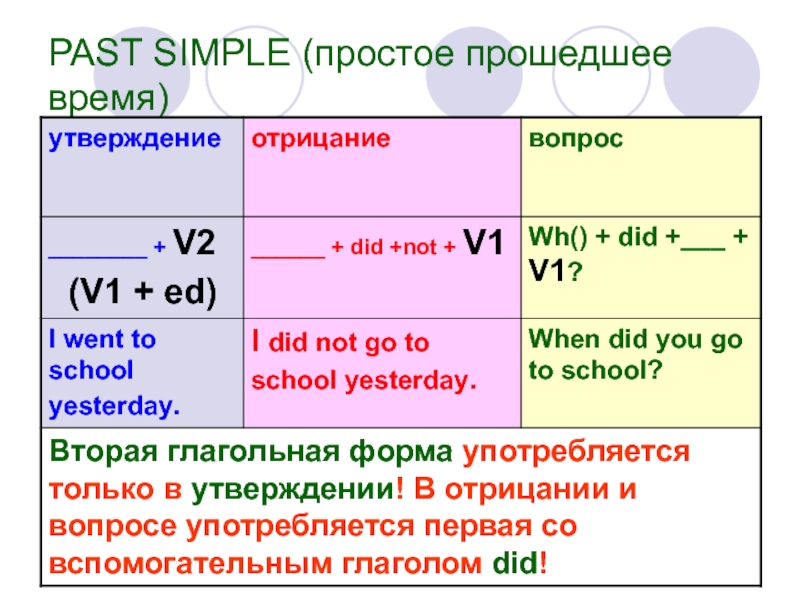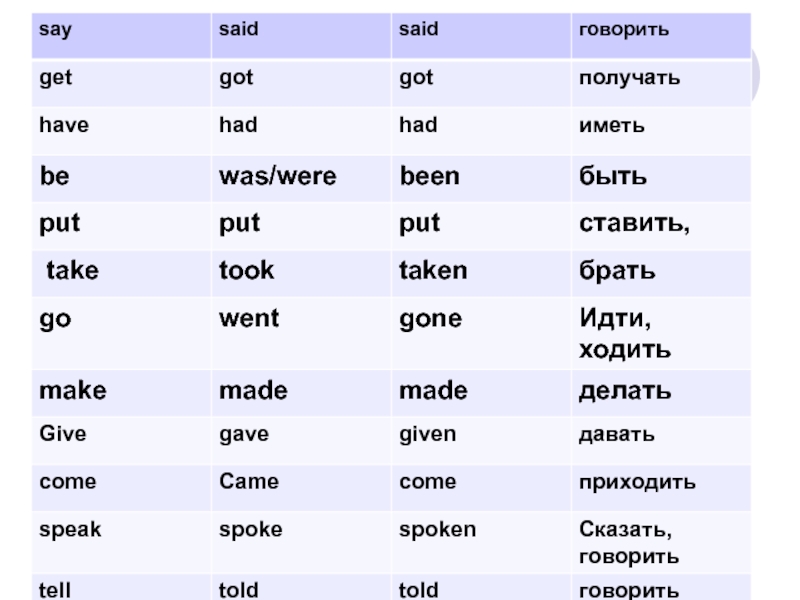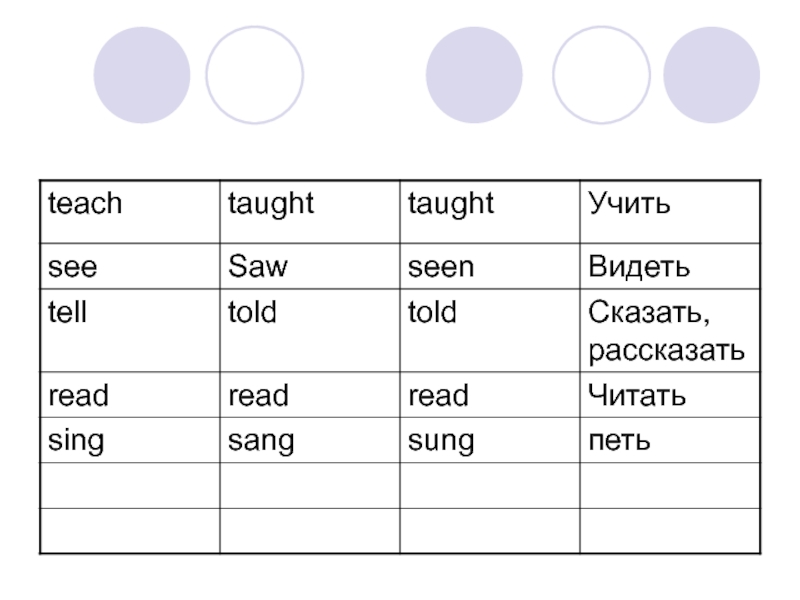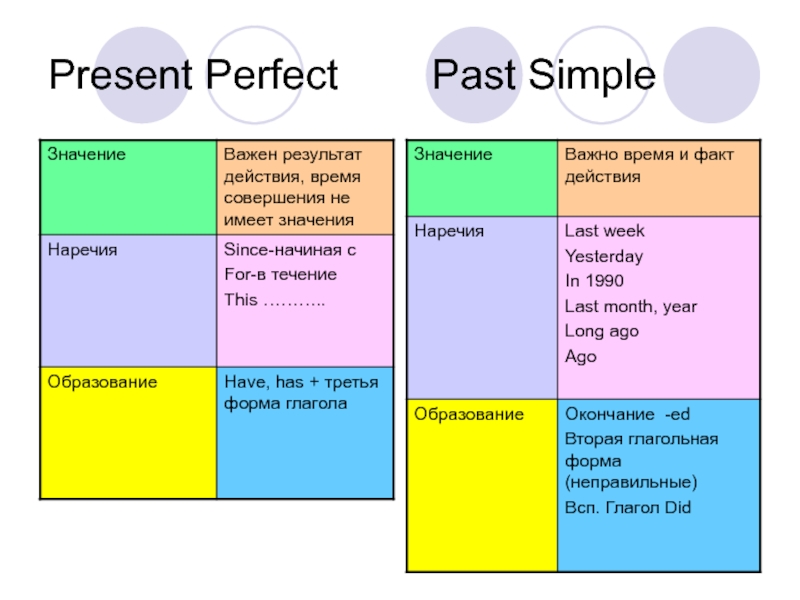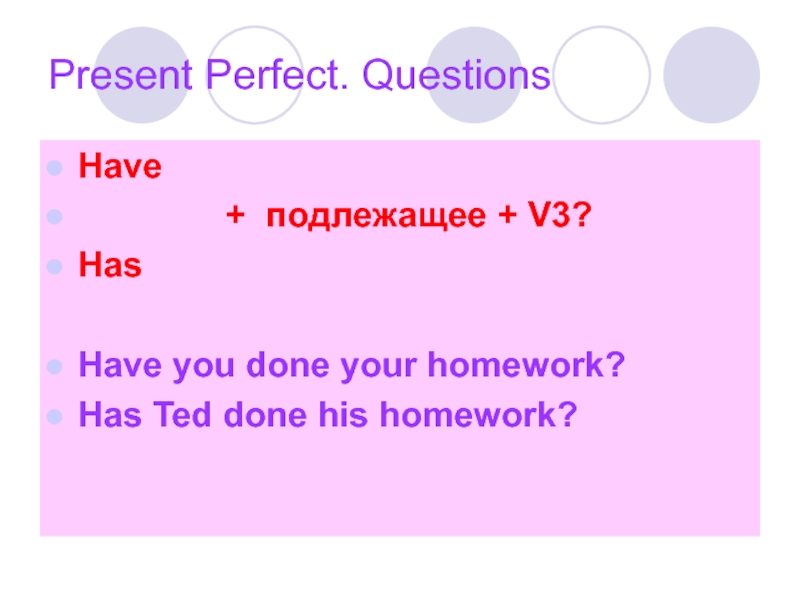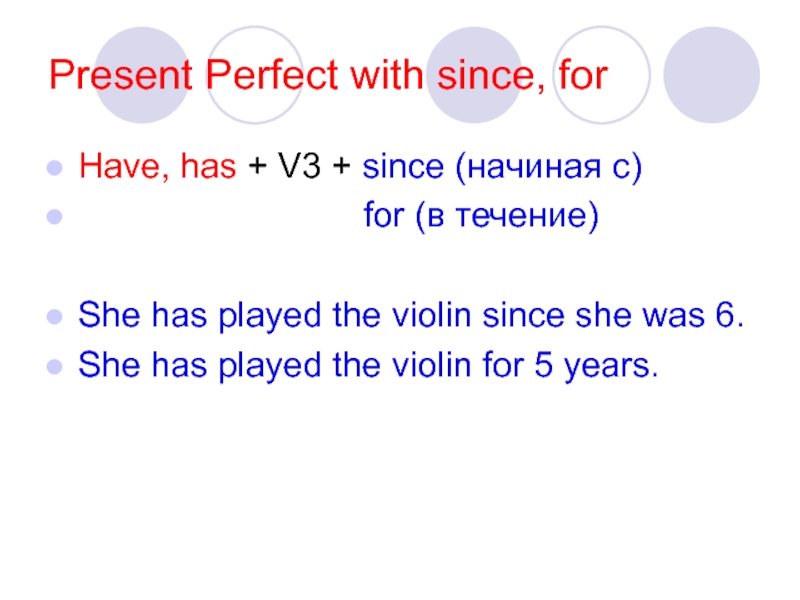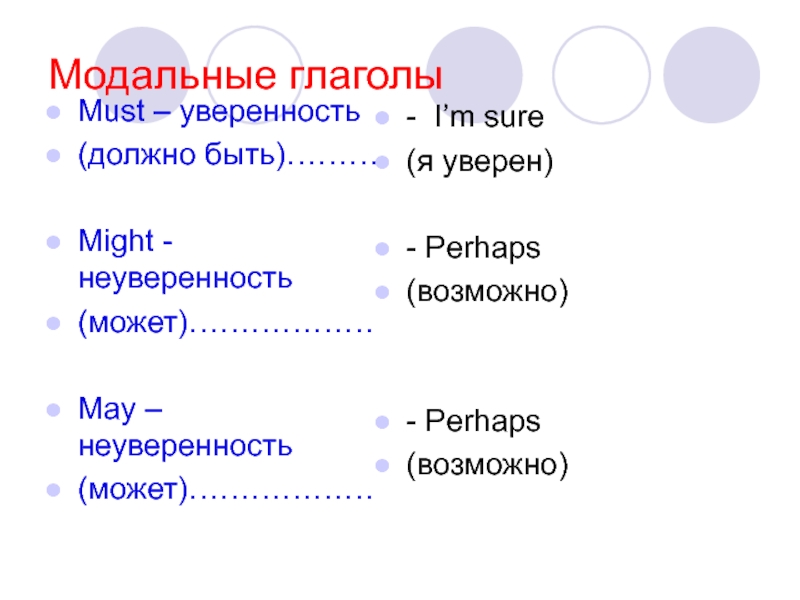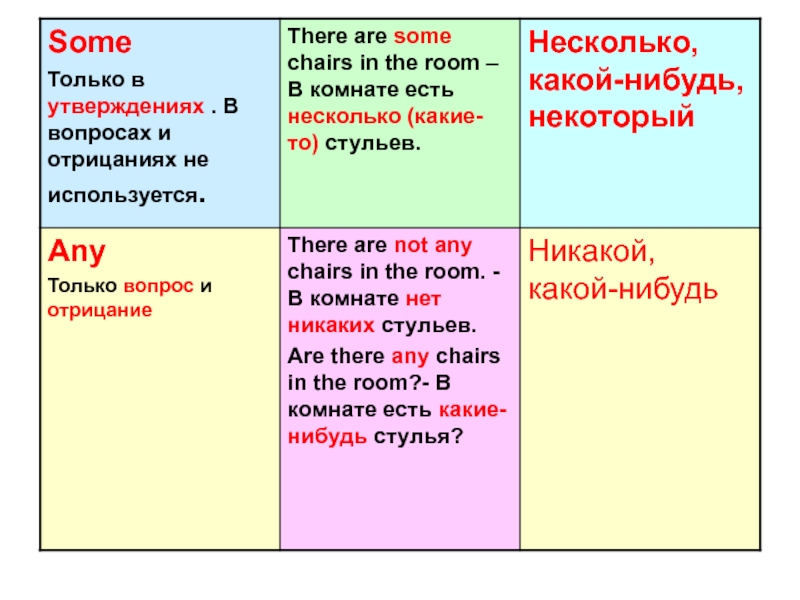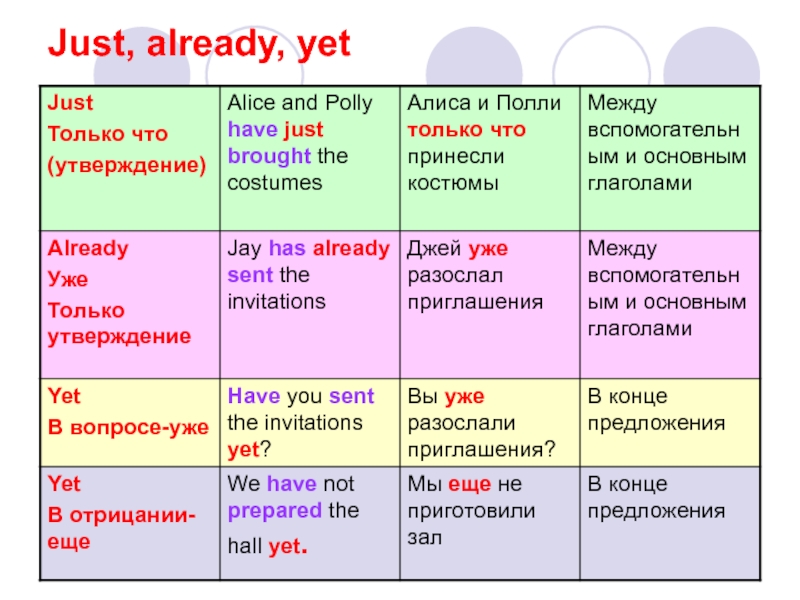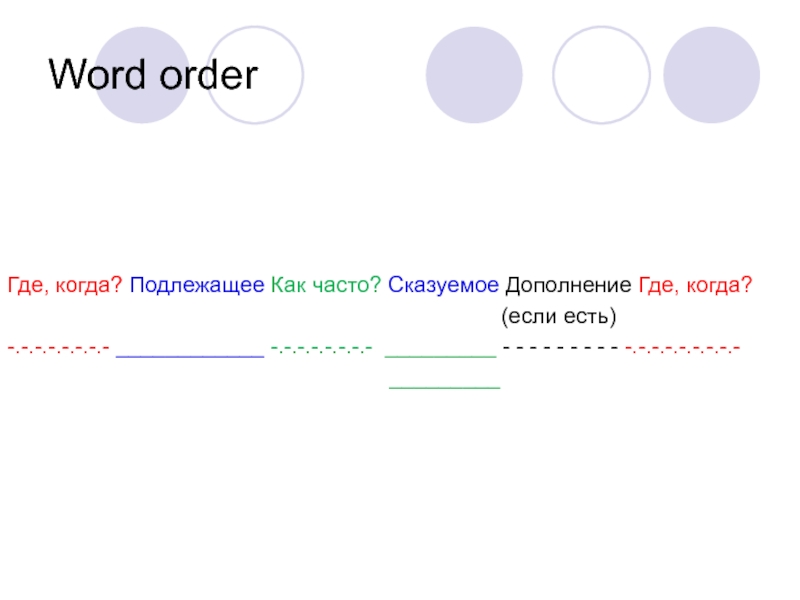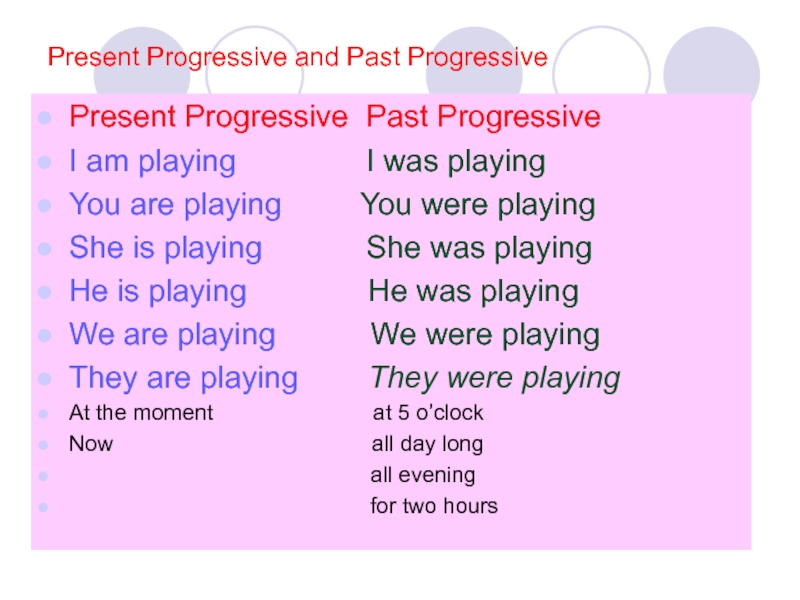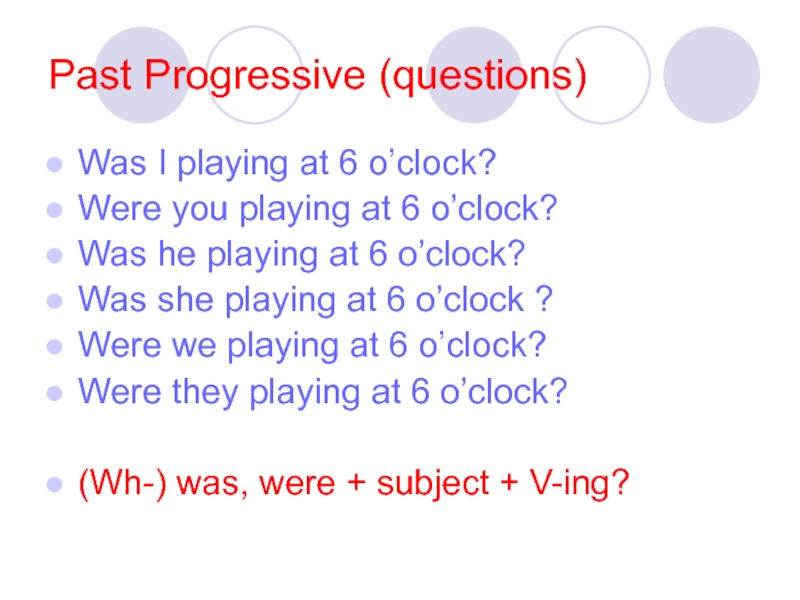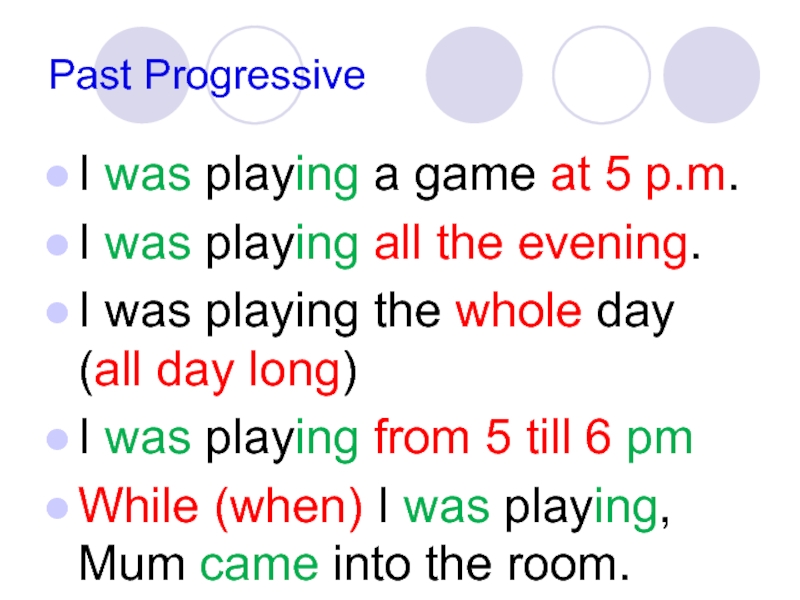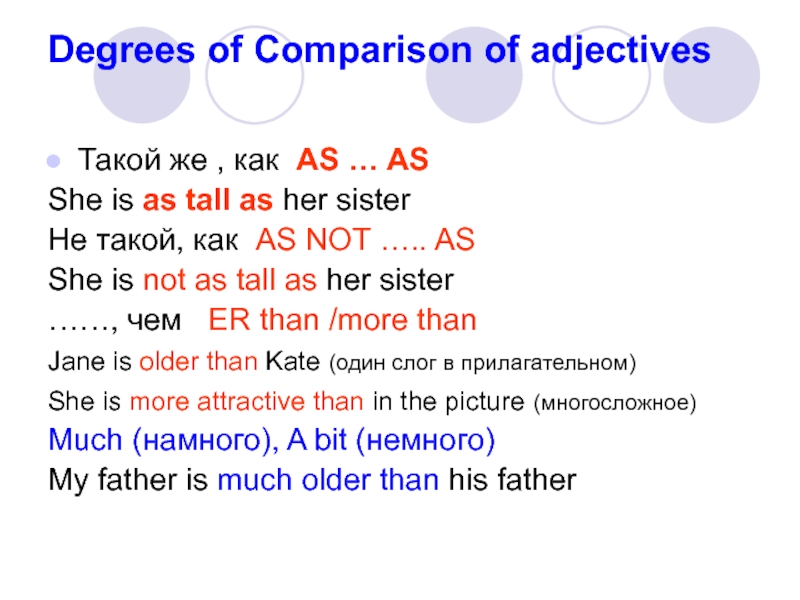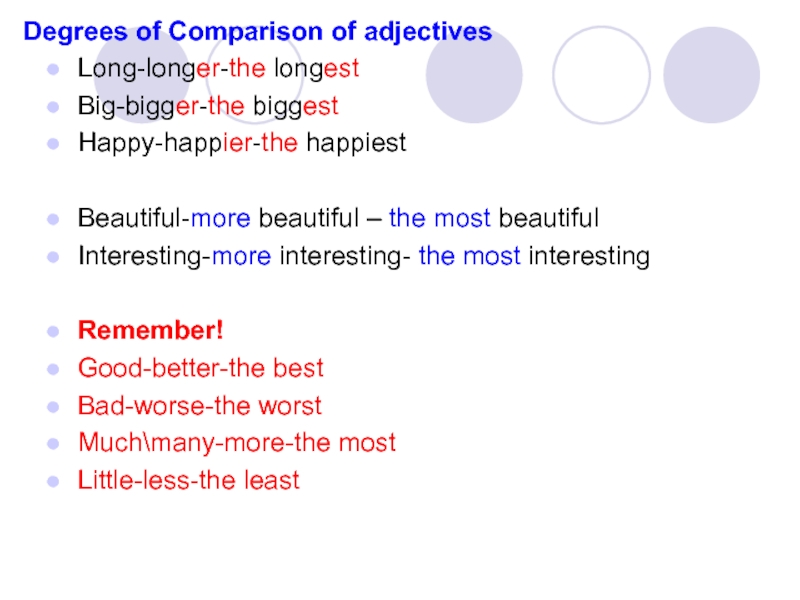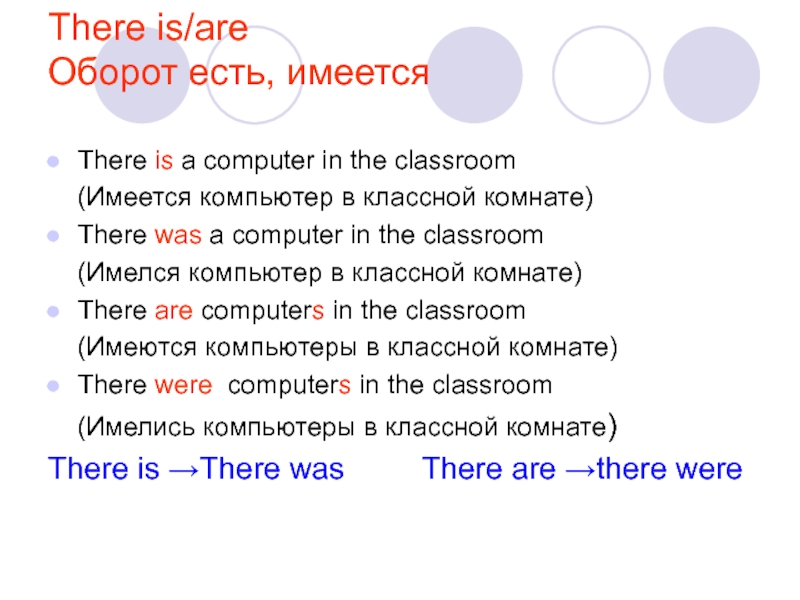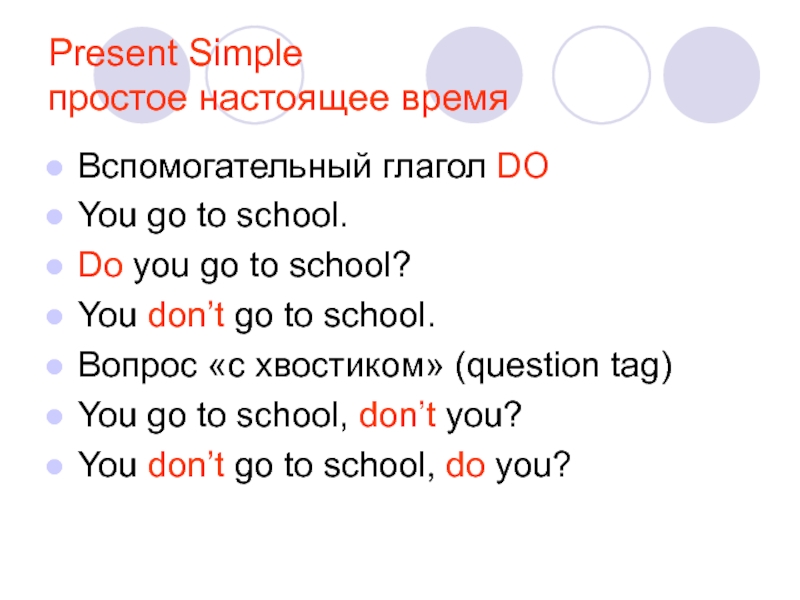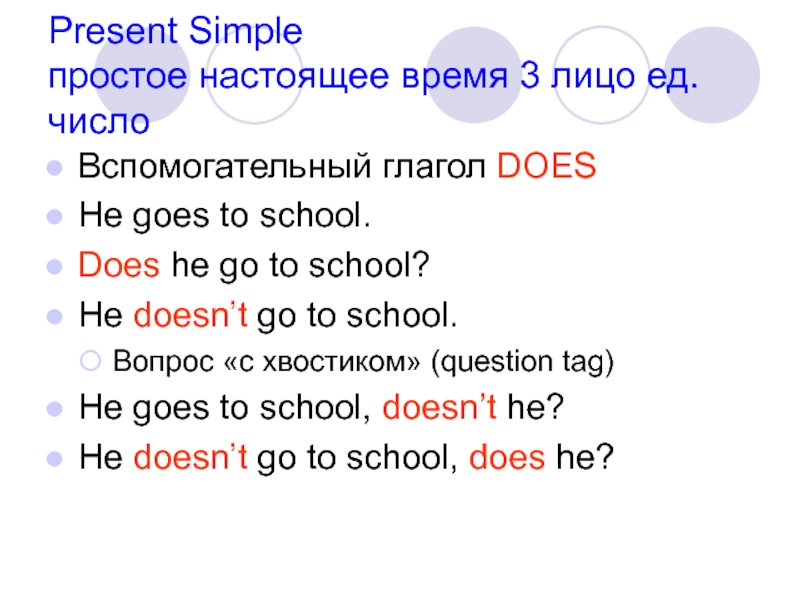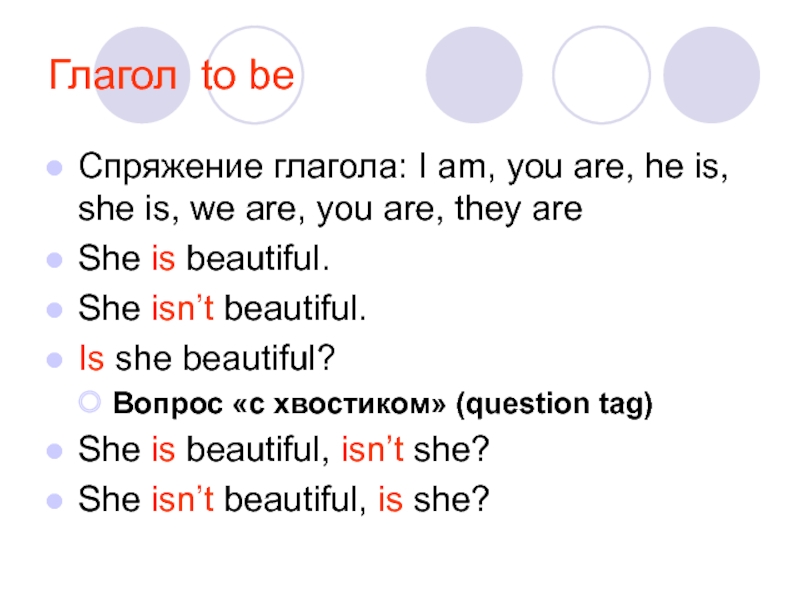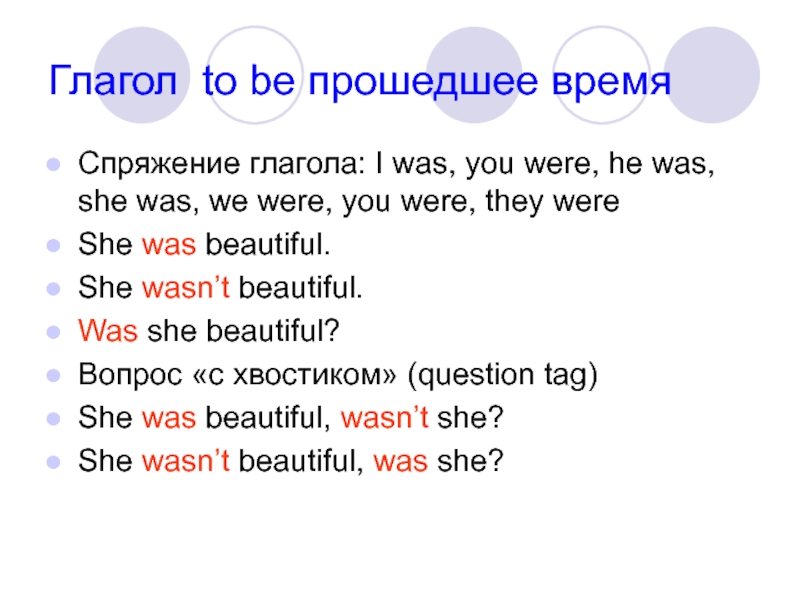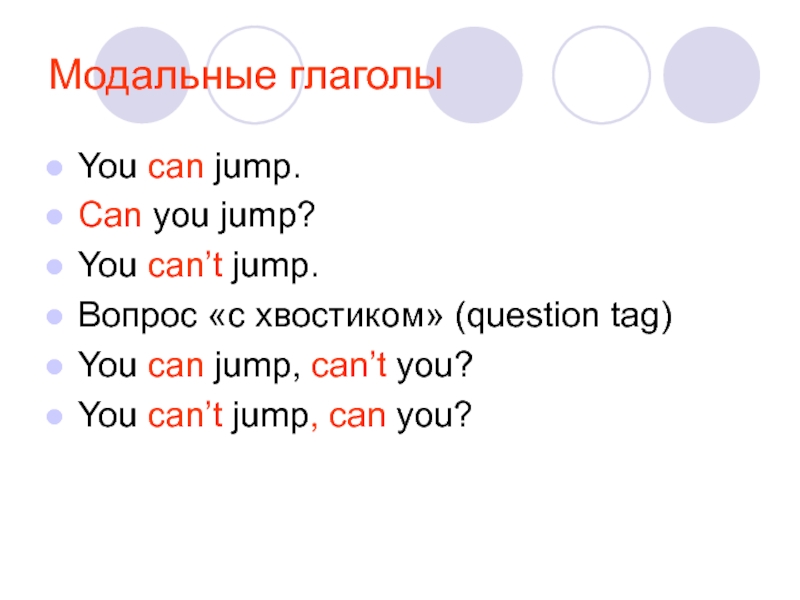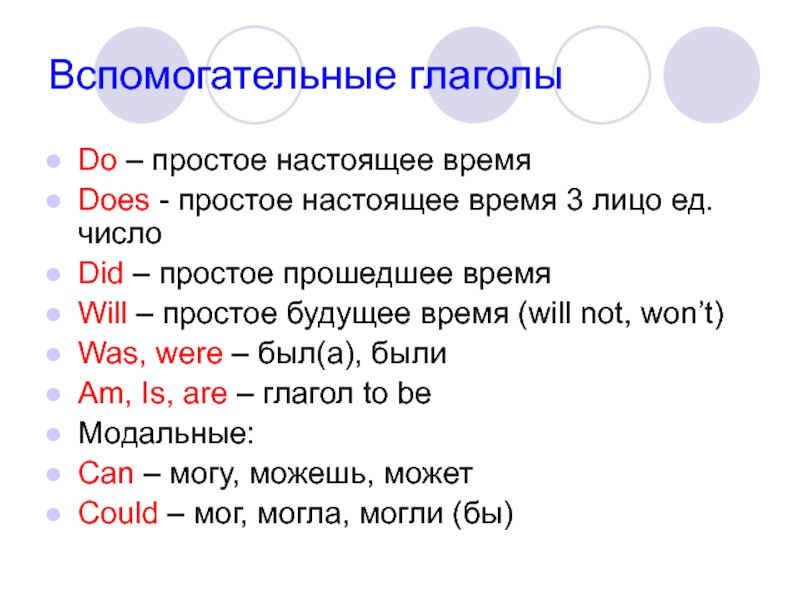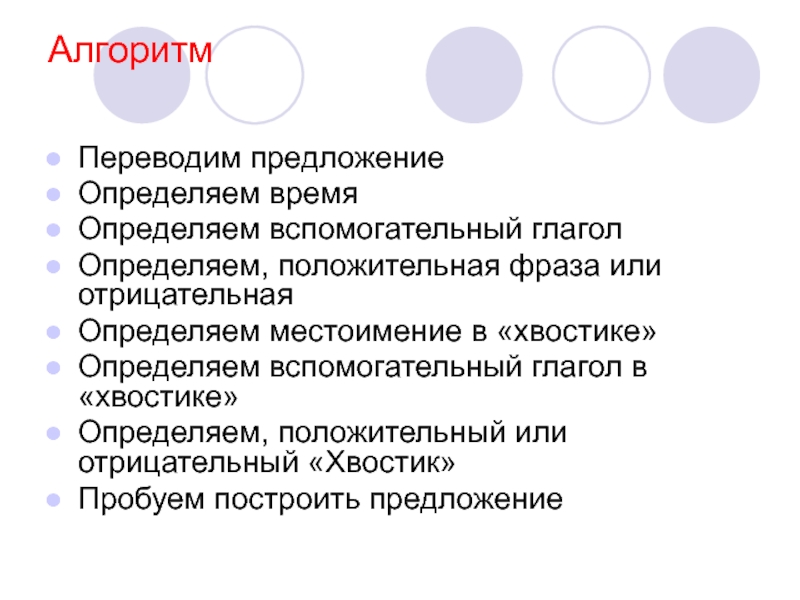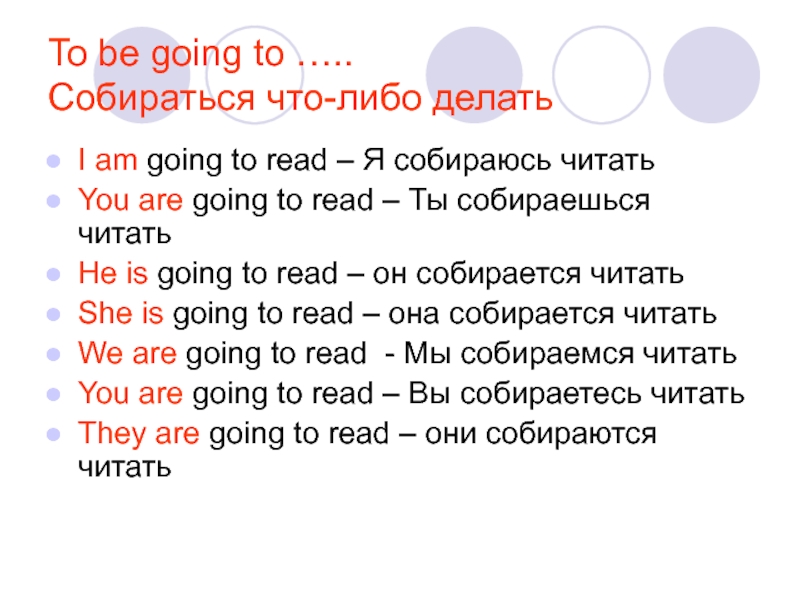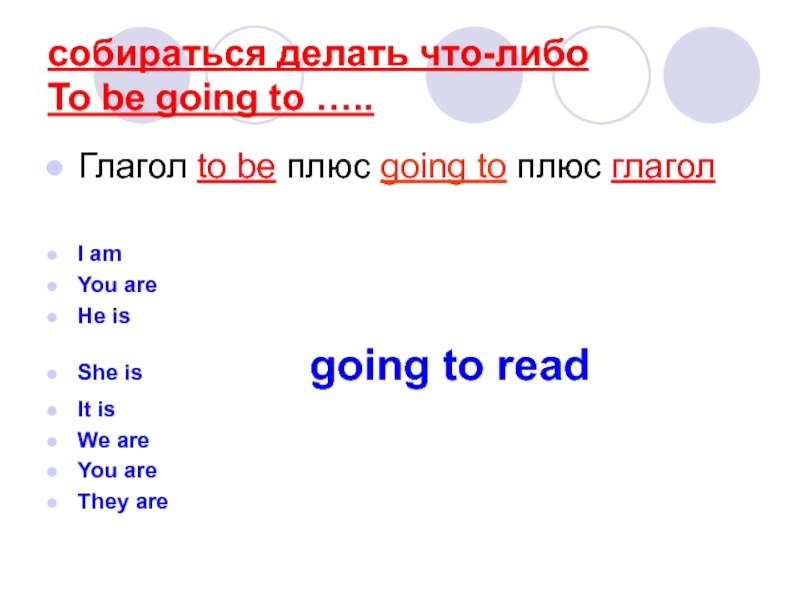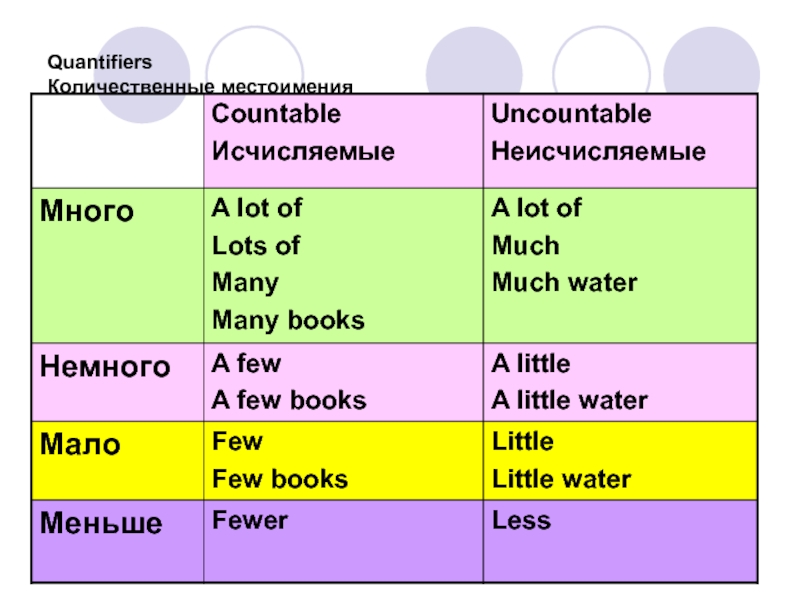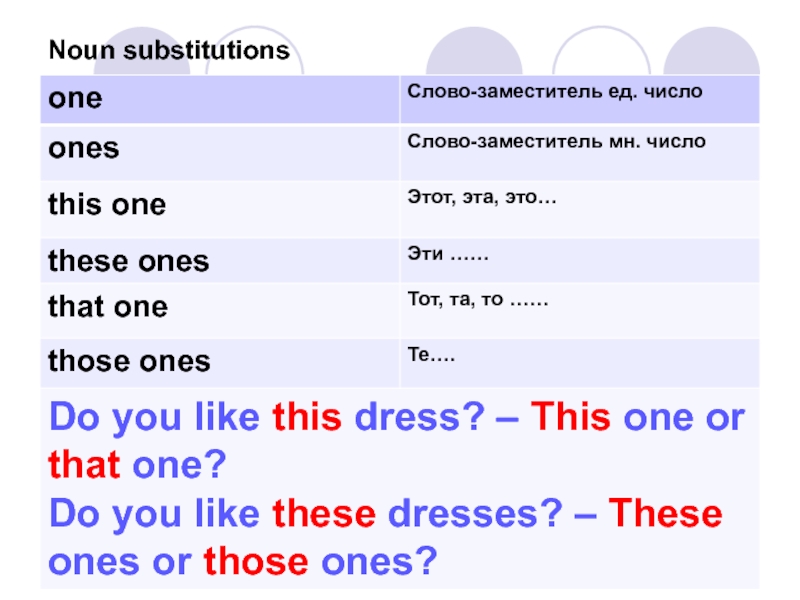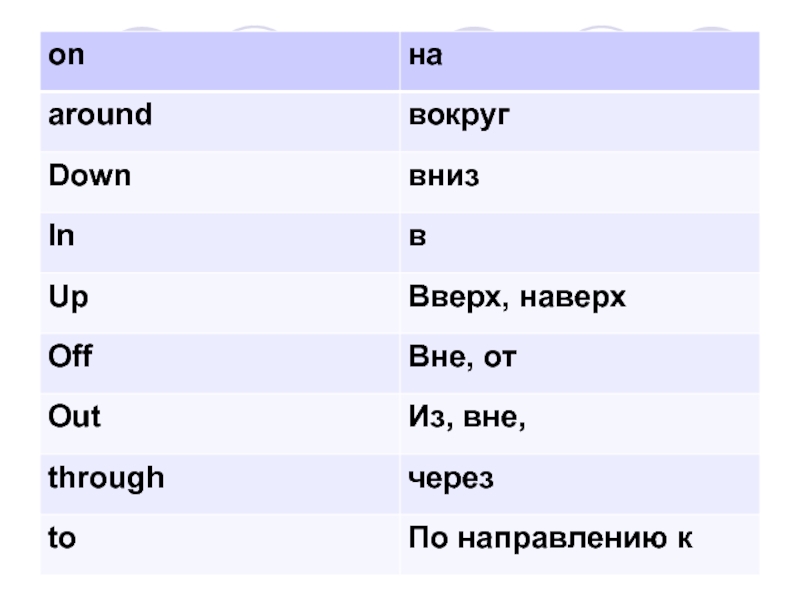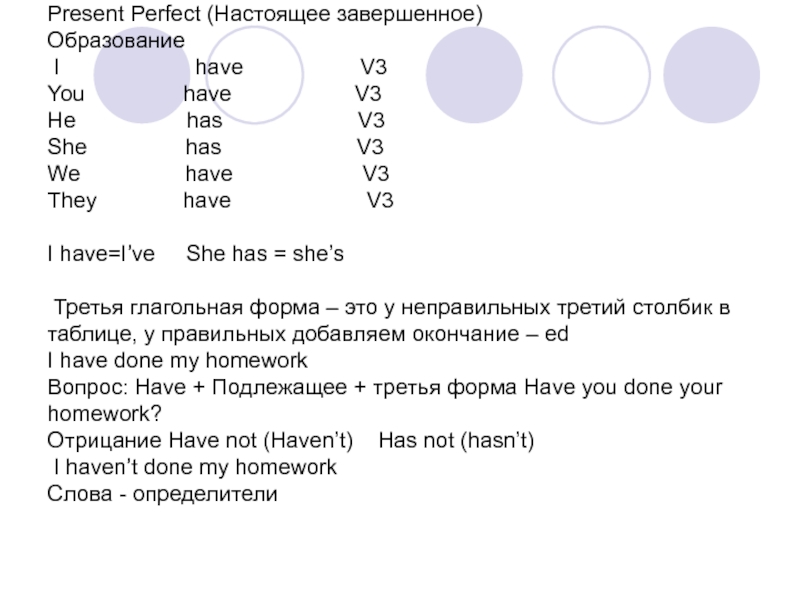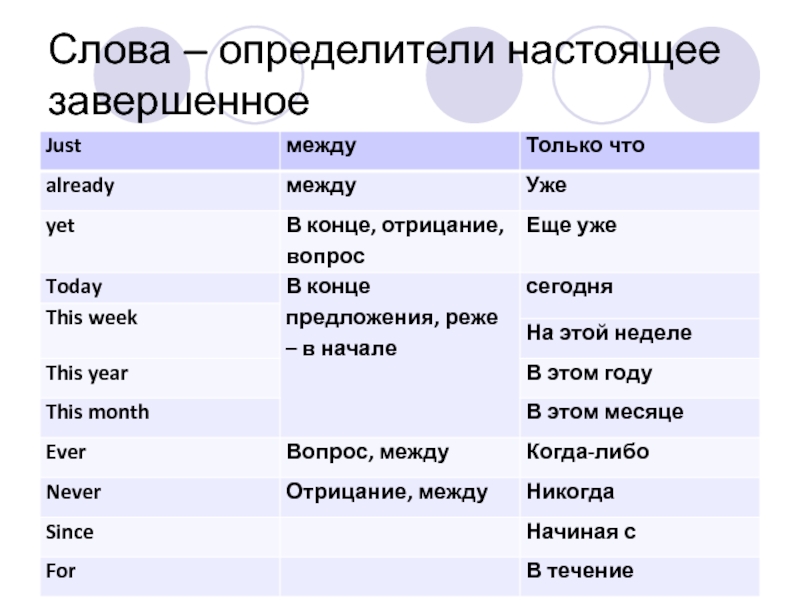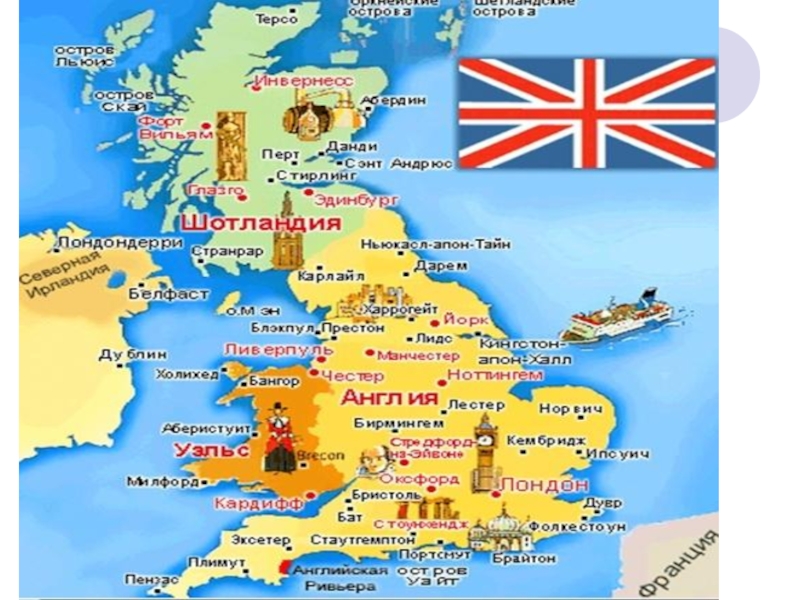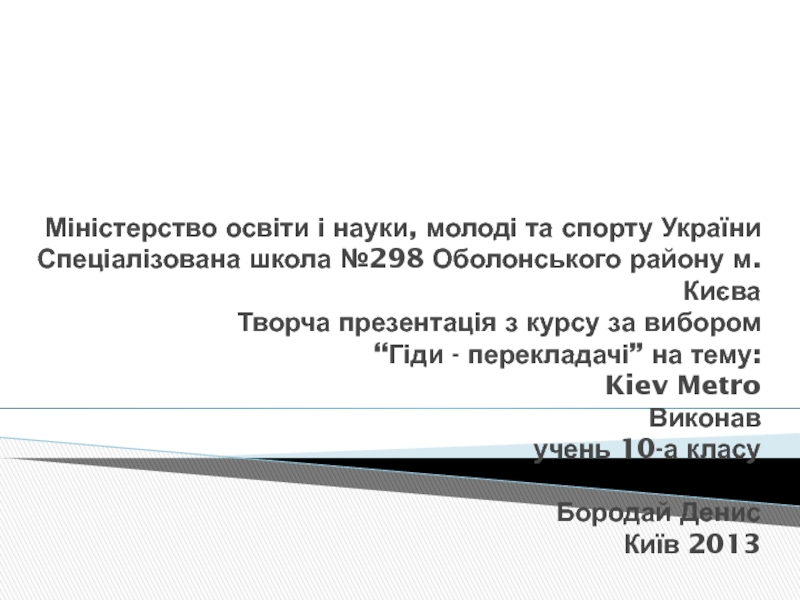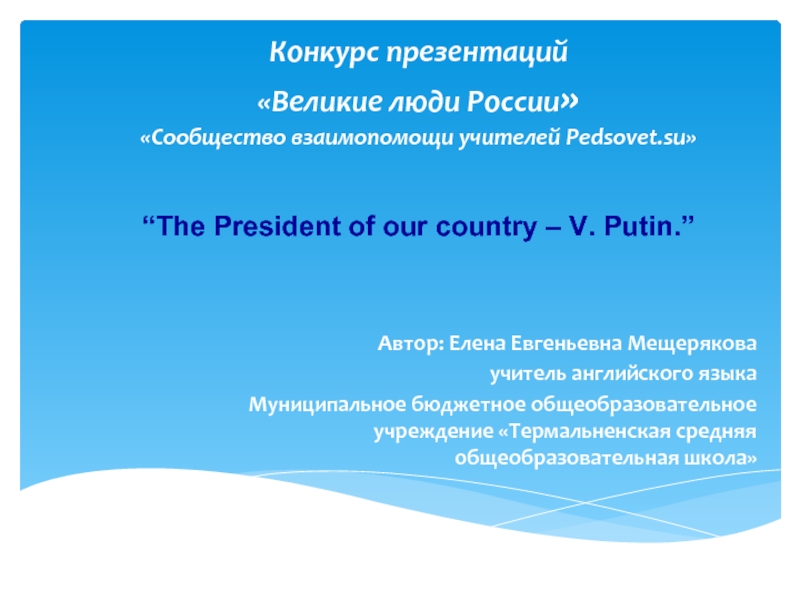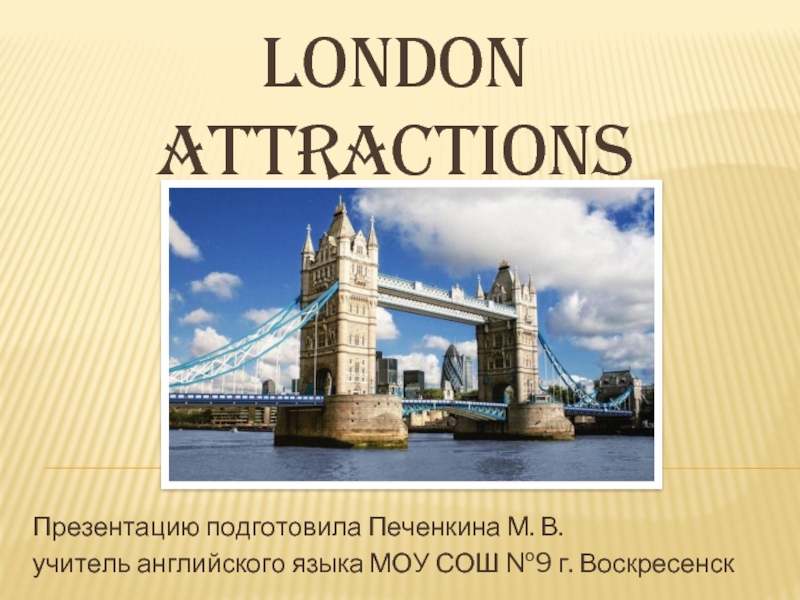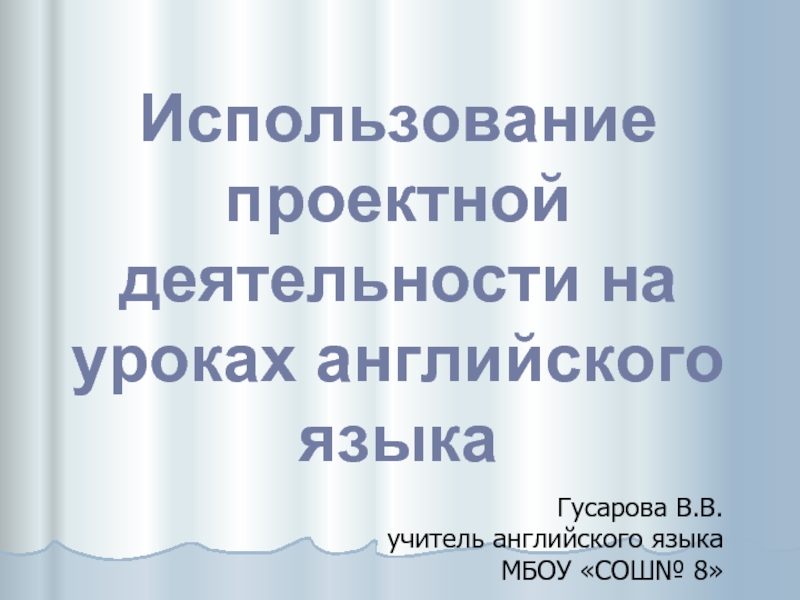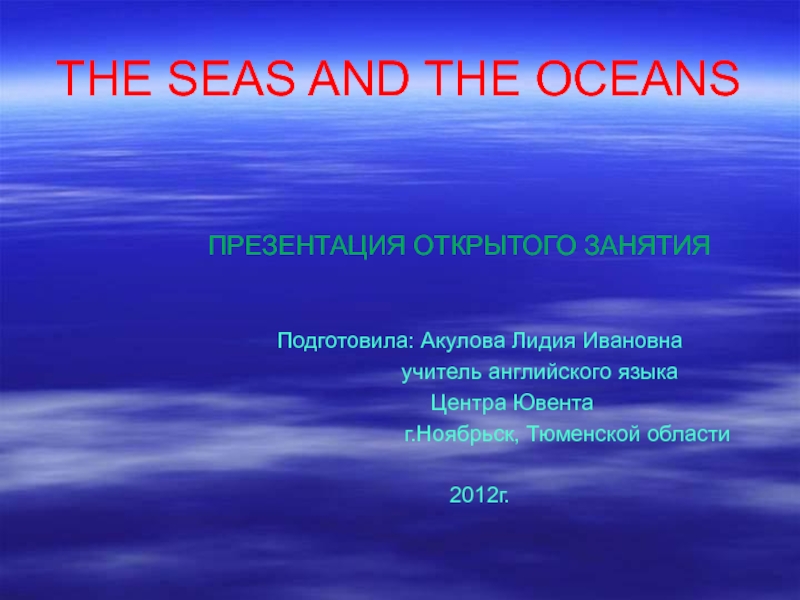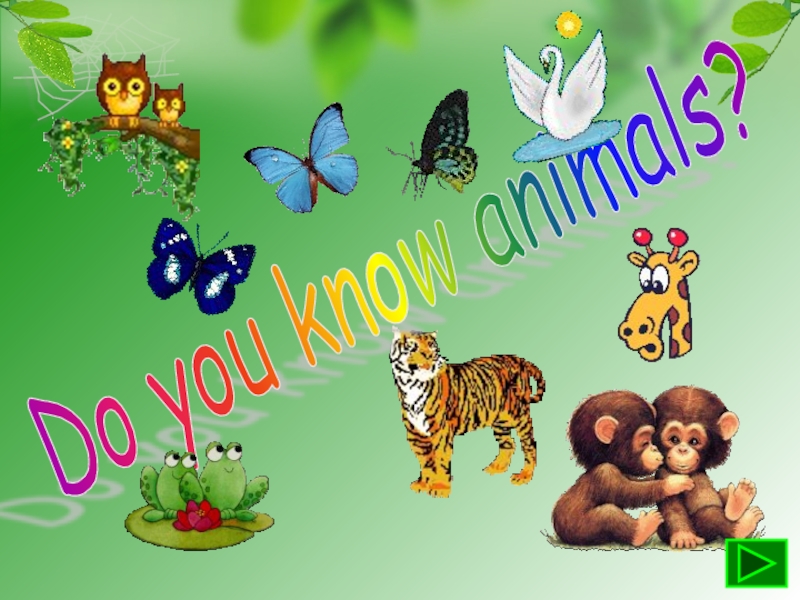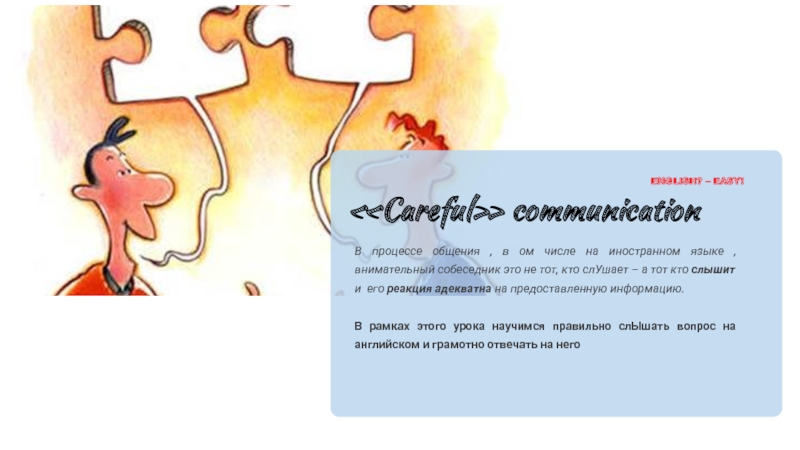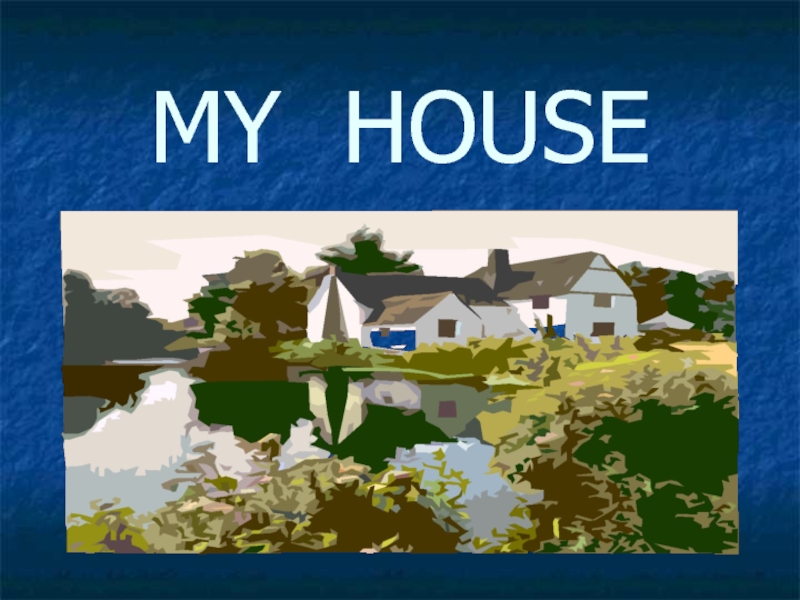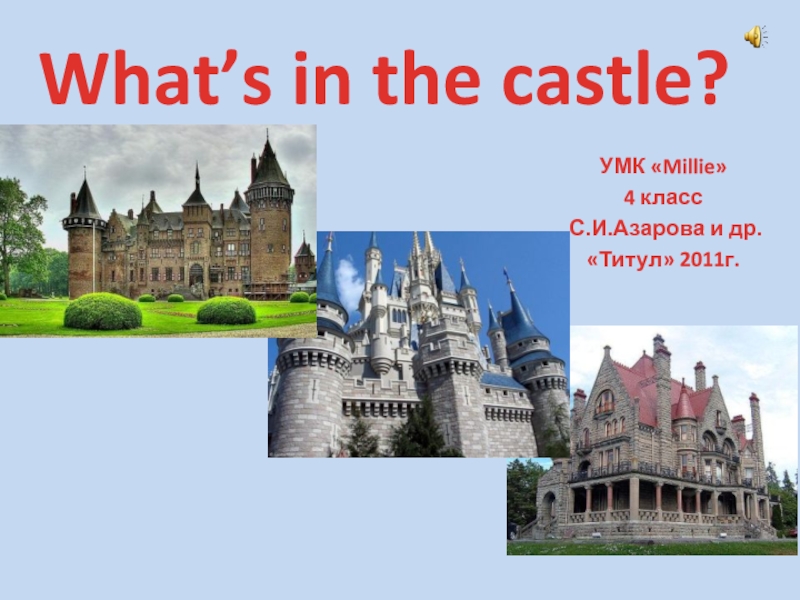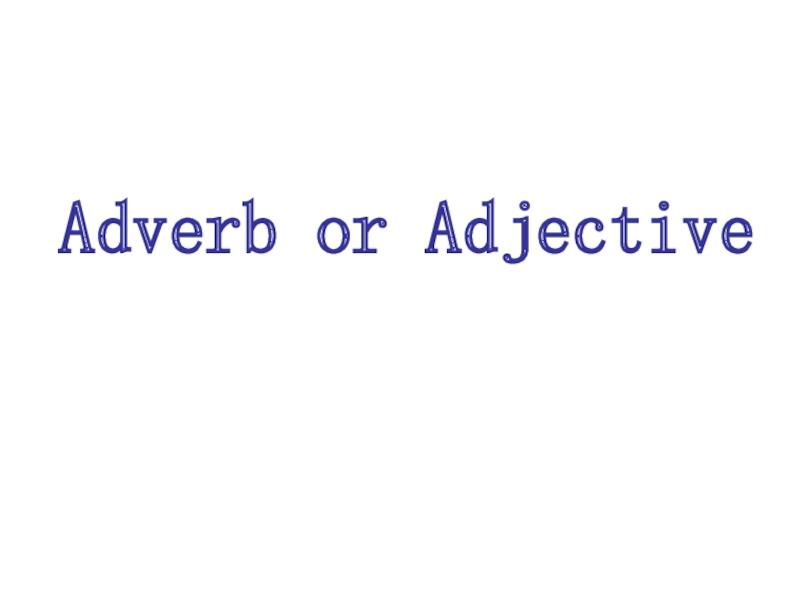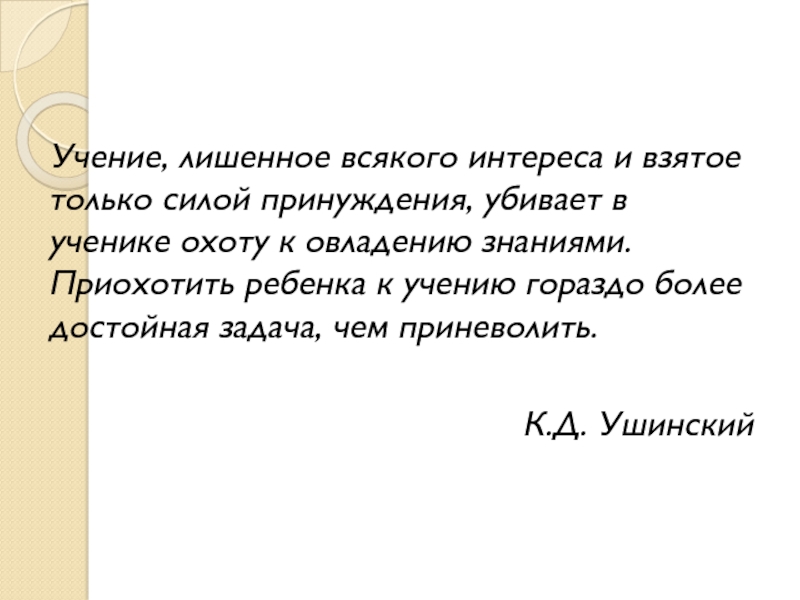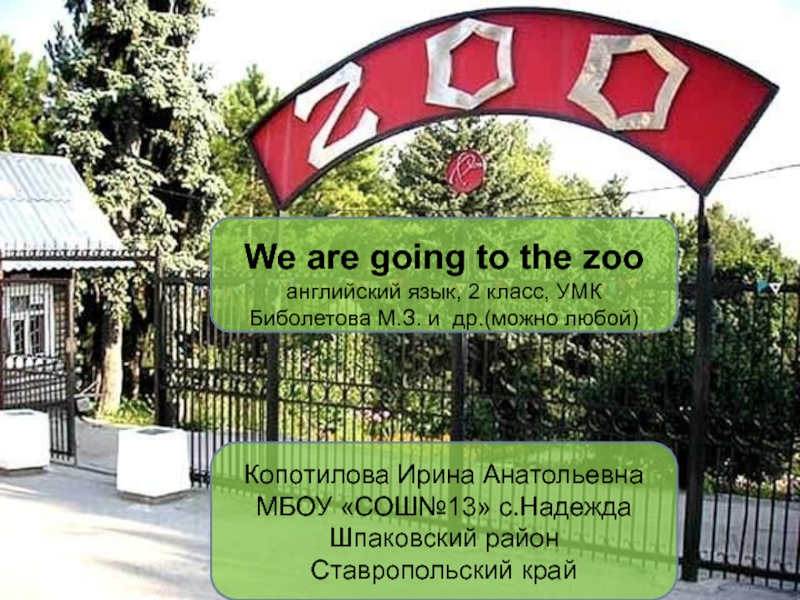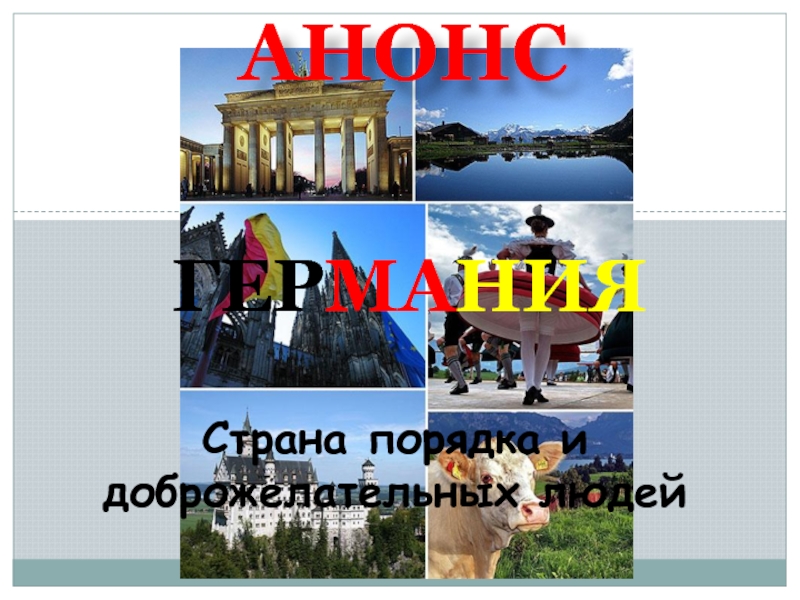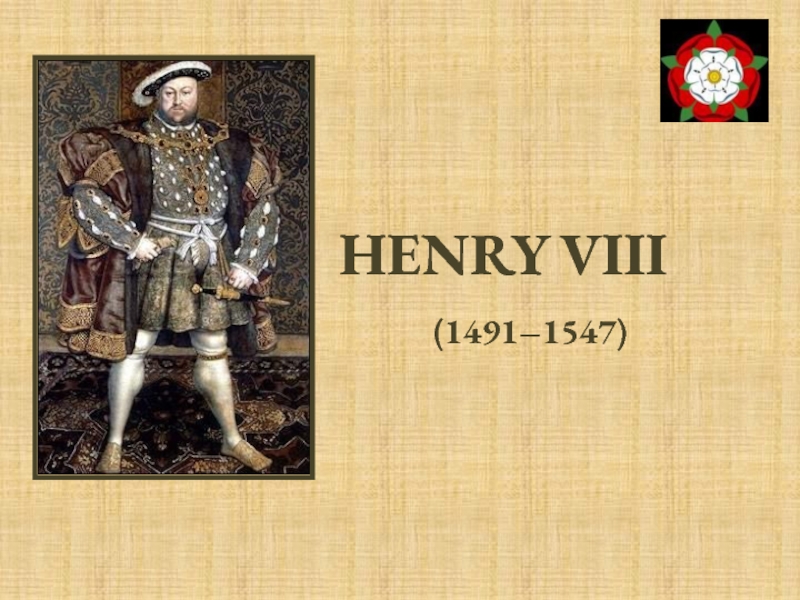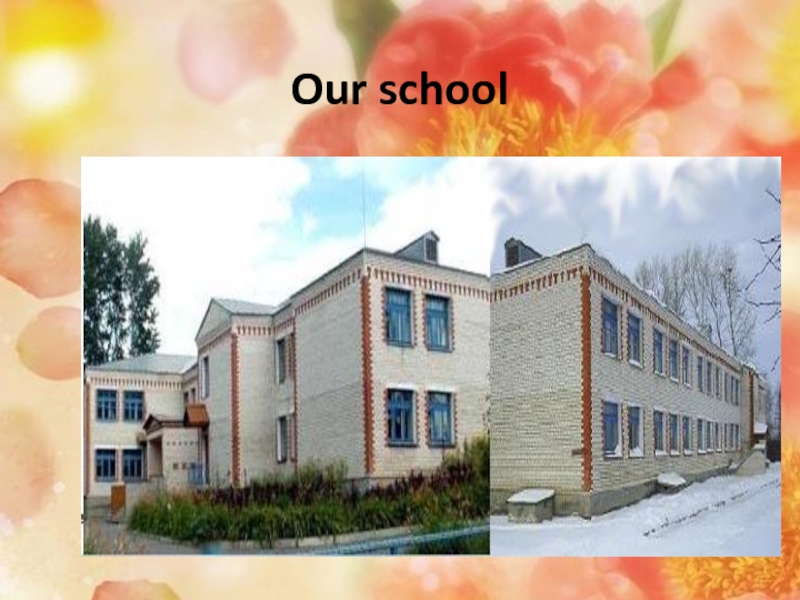Разделы презентаций
- Разное
- Английский язык
- Астрономия
- Алгебра
- Биология
- География
- Геометрия
- Детские презентации
- Информатика
- История
- Литература
- Математика
- Медицина
- Менеджмент
- Музыка
- МХК
- Немецкий язык
- ОБЖ
- Обществознание
- Окружающий мир
- Педагогика
- Русский язык
- Технология
- Физика
- Философия
- Химия
- Шаблоны, картинки для презентаций
- Экология
- Экономика
- Юриспруденция
Grammar support
Содержание
- 1. Grammar support
- 2. Personal pronounsI – ЯYou – ты, выHe
- 3. To beI am
- 4. To be (questions)Am I ?
- 5. To be (negative form)I am not tall.You
- 6. Shortened formsI’m NellyYou’re from RussiaShe’s RussianHe’s in OxfordIt’s greatWe’re fineThey’re writers
- 7. Numerals1 one
- 8. Have got (иметь)I have got a dogYou
- 9. Have got (questions and negative forms)I have
- 10. Have got (shortened forms)I’ve got a hamster.You’ve
- 11. Plurals of nouns (множественное число существительных)Для образования
- 12. Правила чтения окончаний –S и –es
- 13. ExceptionsA mouse – mice (мышь)A tooth –
- 14. Possessive Pronouns (притяжательные местоимения)I – my pet
- 15. Possessive Case (притяжательный падеж)Для того чтобы сказать,
- 16. Degrees of Comparison Сравнительная степеньОдносложные и двусложные
- 17. Превосходная степеньОдносложные и двусложные прилагательные, заканчивающиеся на
- 18. ИсключенияGood – better –the best (хороший –
- 19. Оборот There is/are (наличие – отсутствие предмета)There
- 20. Prepositional PhrasesIn the middle of - посерединеOn
- 21. Tenses
- 22. Present Simple Tense (statements)I, you, we, they
- 23. Present Simple Tense (questions)Do + (I, you,
- 24. Present Simple Tense (negotiations)I, you, we, they
- 25. I go to school every day. Linda
- 26. Morning: to get up – вставать
- 27. Present Meaning Обычно
- 28. Present ContinuousTo be + V1ingI am playing
- 29. We do not use in Present Continuous Tense:
- 30. Present Continuous (questions and negative forms)To be
- 31. Present Continuous (Negatives)I am not reading a
- 32. Present Perfect I
- 33. Слайд 33
- 34. Вопросительные предложения в Present Simple Tense
- 35. WH- questions
- 36. Слайд 36
- 37. Слайд 37
- 38. PAST SIMPLE (простое прошедшее время)
- 39. Irregular verbs
- 40. Слайд 40
- 41. Слайд 41
- 42. Present Perfect Past Simple
- 43. Present Perfect. QuestionsHave
- 44. Present Perfect with since, forHave, has +
- 45. Модальные глаголыMust – уверенность (должно быть)………Might -
- 46. Some, any
- 47. Just, already, yet
- 48. Word orderГде, когда? Подлежащее Как часто? Сказуемое
- 49. Present Progressive and Past ProgressivePresent Progressive Past
- 50. Past Progressive (questions)Was I playing at 6
- 51. Past ProgressiveI was playing a game at
- 52. Degrees of Comparison of adjectives Такой же
- 53. Degrees of Comparison of adjectivesLong-longer-the longestBig-bigger-the biggestHappy-happier-the
- 54. There is/are Оборот есть, имеется There
- 55. Present Simple простое настоящее времяВспомогательный глагол DOYou
- 56. Present Simple простое настоящее время 3 лицо
- 57. Глагол to beСпряжение глагола: I am, you
- 58. Глагол to be прошедшее времяСпряжение глагола: I
- 59. Модальные глаголыYou can jump.Can you jump?You can’t
- 60. Вспомогательные глаголыDo – простое настоящее времяDoes -
- 61. Алгоритм Переводим предложениеОпределяем времяОпределяем вспомогательный глаголОпределяем, положительная
- 62. To be going to ….. Собираться
- 63. To be going to ….. Собираться
- 64. собираться делать что-либо To be going
- 65. Quantifiers Количественные местоимения
- 66. Noun substitutions
- 67. Слайд 67
- 68. Слова-определители простое прошедшее
- 69. Present Perfect (Настоящее завершенное) Образование
- 70. Слова – определители настоящее завершенное
- 71. Nationalities Egypt – Egyptian Norway –
- 72. Слайд 72
- 73. Скачать презентанцию
Personal pronounsI – ЯYou – ты, выHe – он (одушевленное)She - онаIt - он, она, оно (неодушевленное)We - мыThey - они
Слайды и текст этой презентации
Слайд 4To be (questions)
Am I ?
Are we?
Are you?
Are you?Is he, she, it? Are they?
Examples
Am I late? Are we late?
Are you late? Are you late?
Is he late? Are they late?
Слайд 5To be (negative form)
I am not tall.
You are not tall.
He
is not tall.
She is not tall.
We are not tall.
You are
not tall.They are not tall.
Слайд 6Shortened forms
I’m Nelly
You’re from Russia
She’s Russian
He’s in Oxford
It’s great
We’re fine
They’re
writers
Слайд 7Numerals
1 one 11
eleven
2 two
12 twelve 20 twenty3 three 13 thirteen 30 thirty
4 four 14 fourteen 40 forty
5 five 15 fifteen 50 fifty
6 six 16 sixteen 60 sixty
7 seven 17 seventeen 70 seventy
8 eight 18 eighteen 80 eighty
9 nine 19 nineteen 90 ninety
10 ten 100 one hundred
Слайд 8Have got (иметь)
I have got a dog
You have got a
dog
We have got a dog
He has got a dog
She has
got a dogThey have got a dog
Слайд 9Have got (questions and negative forms)
I have not got a
cat.
He has not got a cat.
Have you got a cat?
Has
she got a dog?Слайд 10Have got (shortened forms)
I’ve got a hamster.
You’ve got a hamster.
He’s
got a hamster.
She’s got a hamster.
We’ve got a hamster.
They’ve got
a hamster.Слайд 11Plurals of nouns (множественное число существительных)
Для образования множественного числа существительных
нужно к существительному добавить окончание –S или –ES
A squirrel –
squirrelsA chicken – chickens
A bird – birds
A cat – cats
A duck – ducks
Слайд 13Exceptions
A mouse – mice (мышь)
A tooth – teeth зуб(ы)
A goose
– geese (гуси)
А man – men (мужчина)
A woman – women
(женщина)A child – children (ребенок – дети)
A foot – feet (нога)
A sheep – sheep (овца)
Слайд 14Possessive Pronouns (притяжательные местоимения)
I – my pet (мой, моя, мое,
мои)
You – your pet (твой, твои, ваш, ваши)
He – his
pet (его)She – her pet (ее)
We – our pet (наш, наша, наше, наши)
They – their pet (их)
Слайд 15Possessive Case (притяжательный падеж)
Для того чтобы сказать, чье это имя,
кому принадлежит какая-либо вещь, к существительному или имени собственному добавляетcя
–S.My mother’s name is Nancy. – Имя моей мамы – Нэнси.
Во множественном числе добавляется окончание ‘ (апостроф)
My parents’ names are Henry and Nancy. – Имена моих родителей – Генри и Нэнси.
Слайд 16Degrees of Comparison
Сравнительная степень
Односложные и двусложные прилагательные, оканчивающиеся на
–y и –er: добавляем –er
Tall – Taller (выше)
clever – cleverer
(умнее)Многосложные прилагательные: добавляем more (более)
Dangerous – more dangerous (более опасный)
Beautiful – more beautiful (более красивый)
Слайд 17Превосходная степень
Односложные и двусложные прилагательные, заканчивающиеся на – y, -
er: добавляем – est
Tall – the tallest
Lazy – the laziest
Clever
– the cleverestК многосложным прилагательным добавляем most
Dangerous – the most dangerous (самый опасный)
Beautiful – the most beautiful (самый красивый)
Слайд 18Исключения
Good – better –the best (хороший – лучше – наилучший)
Bad
– worse – the worst (плохой – хуже – наихудший)
many/much
– more – the most (много – больше – наибольший)Little – less –the least (маленький – меньше – наименьший)
Слайд 19Оборот There is/are
(наличие – отсутствие предмета)
There is Buckingham Palace in
London. – В Лондоне есть Букингемский дворец.
There are a lot
of parks in London. – В Лондоне много парков.Is there a castle in your city? – В твоем городе есть замок? (Yes, there is. No, there is not)
Are there any cafes there? – Там есть какие – нибудь кафе? (Yes, there are. No, there are not.)
Слайд 20Prepositional Phrases
In the middle of - посередине
On the corner of
the street – на углу улицы
On the left - слева
On
the right - справаIn front of – перед, напротив
Next to - рядом
Opposite - напротив
Behind - позади
In the street – на улице
Слайд 22Present Simple Tense (statements)
I, you, we, they + V1:
We read books every day
He, she, it + V1(S):
He reads books every day
Слайд 23Present Simple Tense (questions)
Do + (I, you, we, they) +
V1?
Example: Do you read books?
Does + (he, she, it) +
V1?Example: Does she read books?
Слайд 24Present Simple Tense (negotiations)
I, you, we, they + do not
(don’t) + V1.
Example: I don’t read books.
He, she, it +
does not (doesn’t) + V1.Example: He doesn’t read books.
Слайд 25I go to school every day. Linda goes to school every
day. Do you go to school every day? Does Linda go to
school every day? I do not go to school every day. Linda does not go to school every day.Слайд 26Morning: to get up – вставать
to exercise – делать зарядку
to wash one’s face – умываться to have breakfast – завтракать to go to school Afternoon: to have dinner – обедать to go home – идти домой Evening: to read to play the computer games to do homework to have supper – ужинать to go to bed – ложиться спать to watch TV to listen to musicСлайд 27Present Meaning
Обычно
в настоящий момент
Usually
often every now
Sometimes
Always at the moment
Simple Progressive
I + V1 I am + Ving
You You are
We We are
They They are
He +V1s He is
She +V1s She is
Вспомогательный Вспомогательный
глагол Do Does глагол Am is Are
I usually watch TV I am watching TV now
In the evenings
Началось и длится
Since
For
Already
Just
Yet
This ……
Ever
Never
Perfect
I have +V3
You have
We have
They have
He has
She Has
It has
Вспом. Глаг. Have Has
I have watched TV since 4 o’clock
Слайд 28Present Continuous
To be + V1ing
I am playing the piano now.
You
are reading
She is reading
He is reading
It is reading
We are reading
They
are readingСлайд 30Present Continuous (questions and negative forms)
To be + подлежащее +
V1ing + …. ?
Are you reading ….?
Is he reading …..
?Are they reading ….?
Подлежащее + to be + not + V1ing.
I am not reading a book
Слайд 31Present Continuous (Negatives)
I am not reading a book now
You are
not reading a book now
She is not reading a book
nowHe is not reading a book now
We are not reading a book now
They are not reading a book now
Слайд 37
PAST SIMPLE Используемые наречия: yesterday, last (year, week, month),
in 1995, ago, long agoСлайд 43Present Perfect. Questions
Have
+ подлежащее + V3?
Has
Have you done
your homework?Has Ted done his homework?
Слайд 44Present Perfect with since, for
Have, has + V3 + since
(начиная с)
for (в течение)She has played the violin since she was 6.
She has played the violin for 5 years.
Слайд 45Модальные глаголы
Must – уверенность
(должно быть)………
Might - неуверенность
(может)………………
May – неуверенность
(может)………………
- I’m sure
(я уверен)
- Perhaps
(возможно)
- Perhaps
(возможно)
Слайд 48Word order
Где, когда? Подлежащее Как часто? Сказуемое Дополнение Где, когда?
(если есть)
-.-.-.-.-.-.-.- ____________ -.-.-.-.-.-.-.- _________ - - - - - - - - - -.-.-.-.-.-.-.-.-
_________
Слайд 49Present Progressive and Past Progressive
Present Progressive Past Progressive
I am playing
I was playing
You
are playing You were playing She is playing She was playing
He is playing He was playing
We are playing We were playing
They are playing They were playing
At the moment at 5 o’clock
Now all day long
all evening
for two hours
Слайд 50Past Progressive (questions)
Was I playing at 6 o’clock?
Were you playing
at 6 o’clock?
Was he playing at 6 o’clock?
Was she
playing at 6 o’clock ?Were we playing at 6 o’clock?
Were they playing at 6 o’clock?
(Wh-) was, were + subject + V-ing?
Слайд 51Past Progressive
I was playing a game at 5 p.m.
I was
playing all the evening.
I was playing the whole day (all
day long) I was playing from 5 till 6 pm
While (when) I was playing, Mum came into the room.
Подлежащее + was/were+Ving
Слайд 52Degrees of Comparison of adjectives
Такой же , как AS …
AS
She is as tall as her sister
Не такой, как
AS NOT ….. ASShe is not as tall as her sister
……, чем ER than /more than
Jane is older than Kate (один слог в прилагательном)
She is more attractive than in the picture (многосложное)
Much (намного), A bit (немного)
My father is much older than his father
Слайд 53Degrees of Comparison of adjectives
Long-longer-the longest
Big-bigger-the biggest
Happy-happier-the happiest
Beautiful-more beautiful –
the most beautiful
Interesting-more interesting- the most interesting
Remember!
Good-better-the best
Bad-worse-the worst
Muсh\many-more-the most
Little-less-the
leastСлайд 54There is/are
Оборот есть, имеется
There is a computer in the
classroom
(Имеется компьютер в классной комнате)
There was a computer
in the classroom(Имелся компьютер в классной комнате)
There are computers in the classroom
(Имеются компьютеры в классной комнате)
There were computers in the classroom
(Имелись компьютеры в классной комнате)
There is →There was There are →there were
Слайд 55Present Simple
простое настоящее время
Вспомогательный глагол DO
You go to school.
Do you
go to school?
You don’t go to school.
Вопрос «с хвостиком» (question
tag)You go to school, don’t you?
You don’t go to school, do you?
Слайд 56Present Simple
простое настоящее время 3 лицо ед. число
Вспомогательный глагол DOES
He
goes to school.
Does he go to school?
He doesn’t go to
school.Вопрос «с хвостиком» (question tag)
He goes to school, doesn’t he?
He doesn’t go to school, does he?
Слайд 57Глагол to be
Спряжение глагола: I am, you are, he is,
she is, we are, you are, they are
She is beautiful.
She
isn’t beautiful.Is she beautiful?
Вопрос «с хвостиком» (question tag)
She is beautiful, isn’t she?
She isn’t beautiful, is she?
Слайд 58Глагол to be прошедшее время
Спряжение глагола: I was, you were,
he was, she was, we were, you were, they were
She
was beautiful.She wasn’t beautiful.
Was she beautiful?
Вопрос «с хвостиком» (question tag)
She was beautiful, wasn’t she?
She wasn’t beautiful, was she?
Слайд 59Модальные глаголы
You can jump.
Can you jump?
You can’t jump.
Вопрос «с хвостиком»
(question tag)
You can jump, can’t you?
You can’t jump, can you?
Слайд 60Вспомогательные глаголы
Do – простое настоящее время
Does - простое настоящее время
3 лицо ед. число
Did – простое прошедшее время
Will – простое
будущее время (will not, won’t)Was, were – был(а), были
Am, Is, are – глагол to be
Модальные:
Can – могу, можешь, может
Could – мог, могла, могли (бы)
Слайд 61Алгоритм
Переводим предложение
Определяем время
Определяем вспомогательный глагол
Определяем, положительная фраза или отрицательная
Определяем местоимение
в «хвостике»
Определяем вспомогательный глагол в «хвостике»
Определяем, положительный или отрицательный «Хвостик»
Пробуем
построить предложениеСлайд 62To be going to …..
Собираться что-либо делать
I am going
to read – Я собираюсь читать
You are going to read
– Ты собираешься читатьHe is going to read – он собирается читать
She is going to read – она собирается читать
We are going to read - Мы собираемся читать
You are going to read – Вы собираетесь читать
They are going to read – они собираются читать
Слайд 63To be going to …..
Собираться что-либо делать
Аm I going
to read? – Я собираюсь читать?
Are you going to read?
– Ты собираешься читать?Is he going to read? – он собирается читать?
Is she going to read? – она собирается читать?
Are we going to read? - Мы собираемся читать?
Are you going to read? - Вы собираетесь читать?
Are they going to read? – они собираются читать?
Слайд 64собираться делать что-либо
To be going to …..
Глагол to be
плюс going to плюс глагол
I am
You are
He is
She is going to read
It is
We are
You are
They are
Слайд 69Present Perfect (Настоящее завершенное) Образование I
have
V3 You have V3 He has V3 She has V3 We have V3 They have V3 I have=I’ve She has = she’s Третья глагольная форма – это у неправильных третий столбик в таблице, у правильных добавляем окончание – ed I have done my homework Вопрос: Have + Подлежащее + третья форма Have you done your homework? Отрицание Have not (Haven’t) Has not (hasn’t) I haven’t done my homework Слова - определители
Слайд 71Nationalities
Egypt – Egyptian
Norway – Norwegian
Ukraine – Ukrainian
Brazil – Brazilian
Russia –
Russian
Australia – Australian
China – Chinese
Japan – Japanese
Portugal - Portuguese
Britain –
British
Scotland – Scottish
Ireland – Irish
Wales – Welsh
Poland – Polish
Turkey – Turkish
Pakistan – Pakistani
Thailand – ThaiFrance – French Greece – Greek Switzerland – Swiss the Netherlands – Dutch
